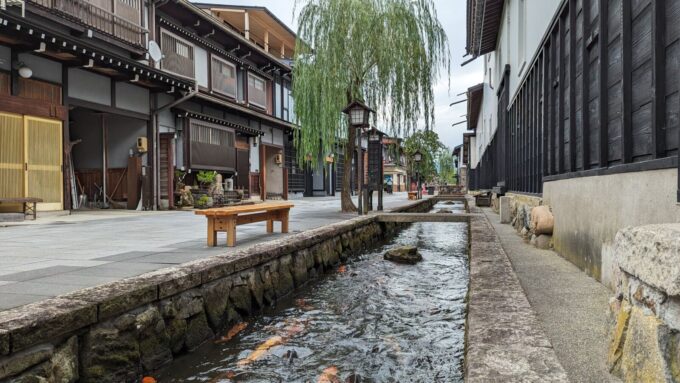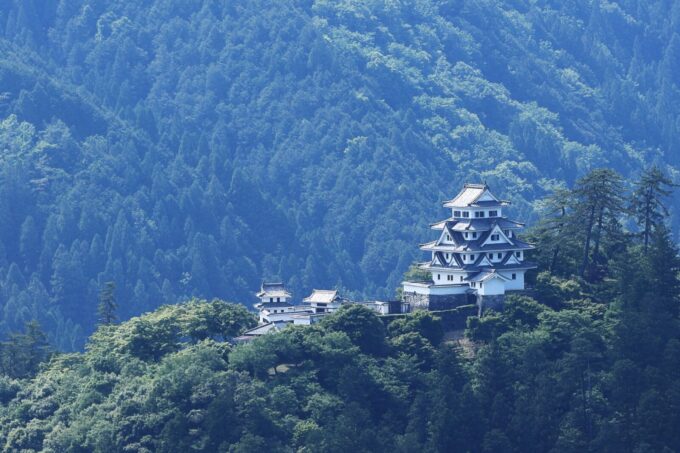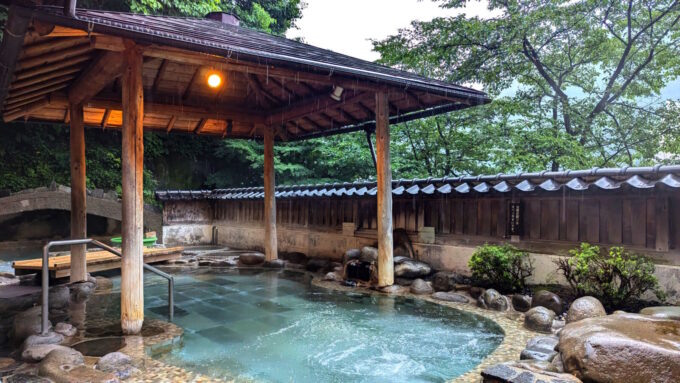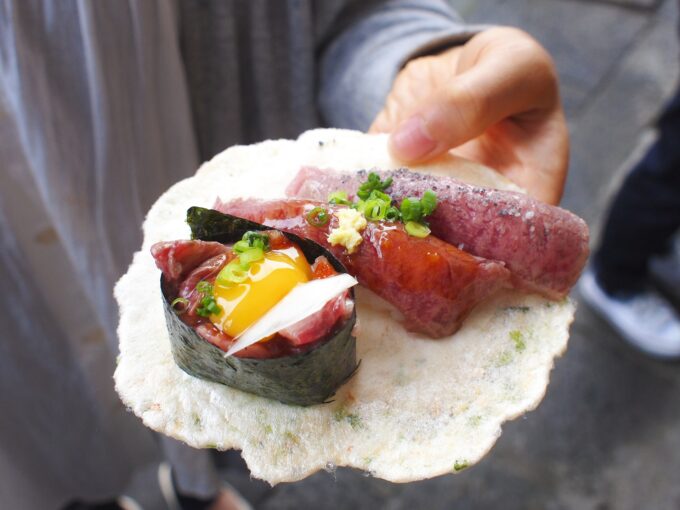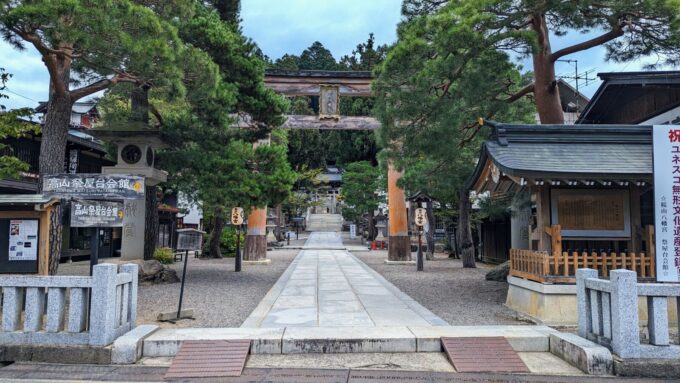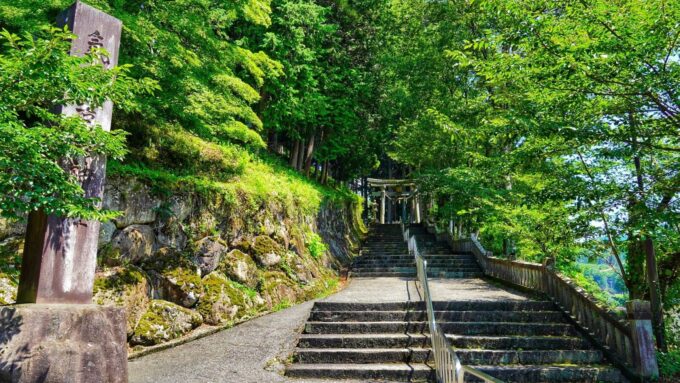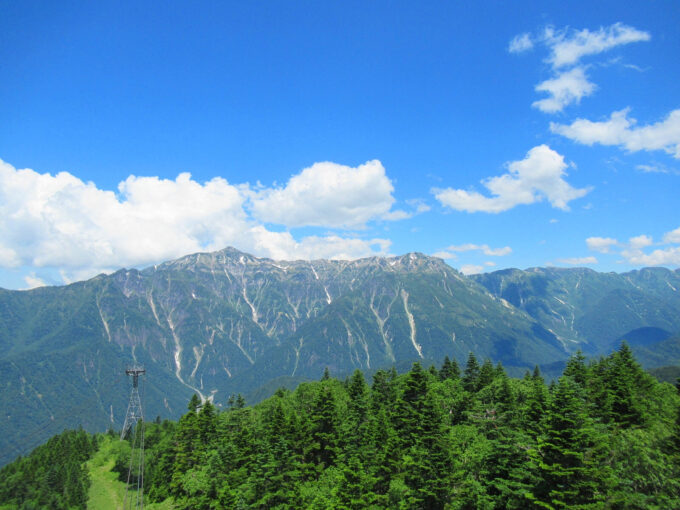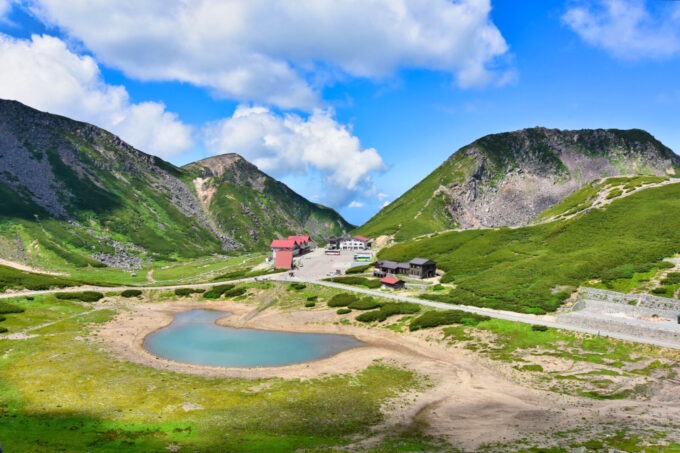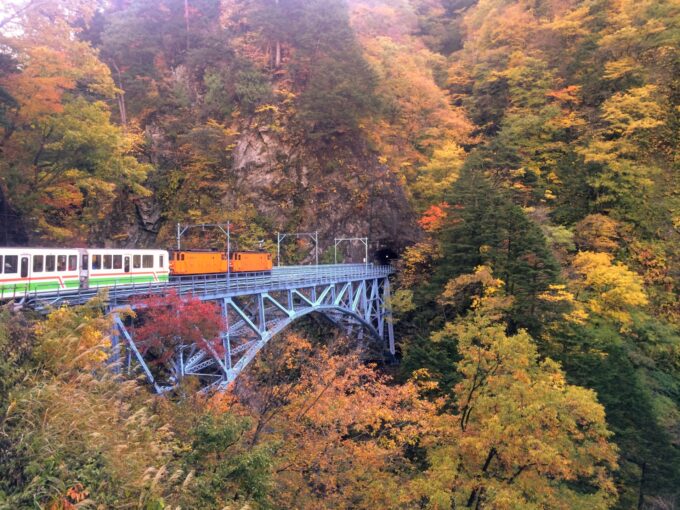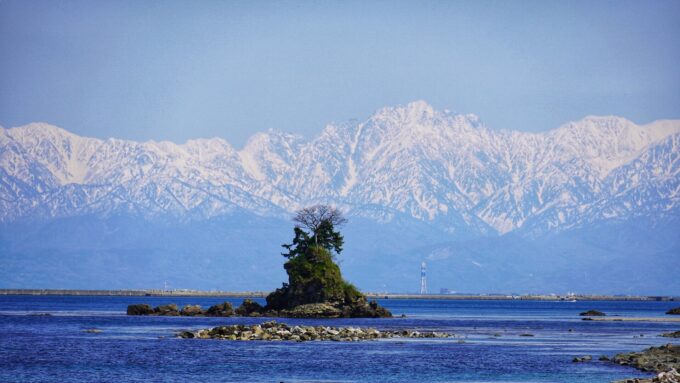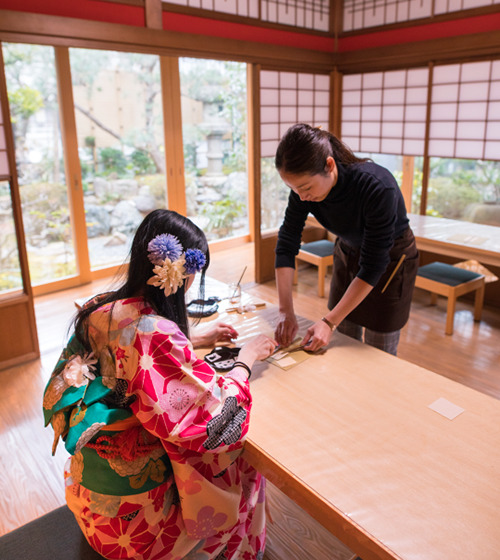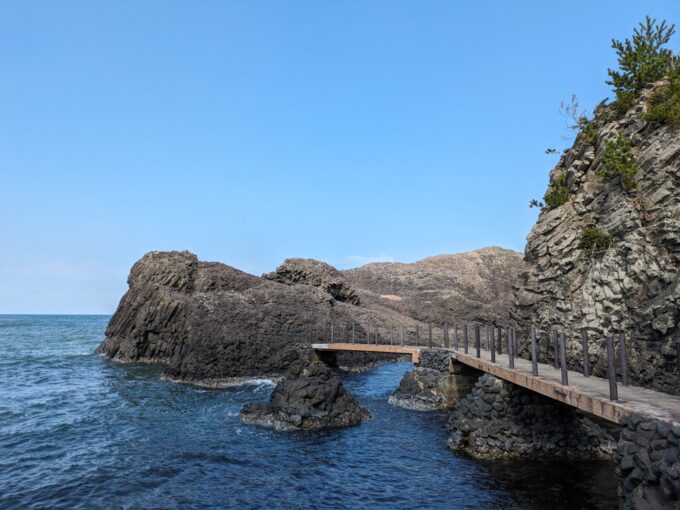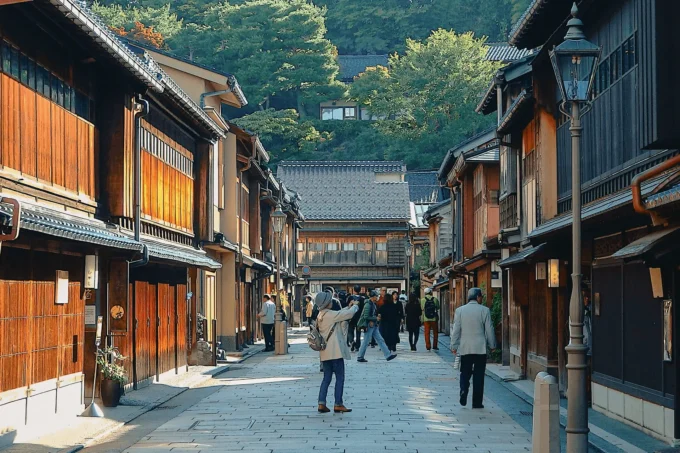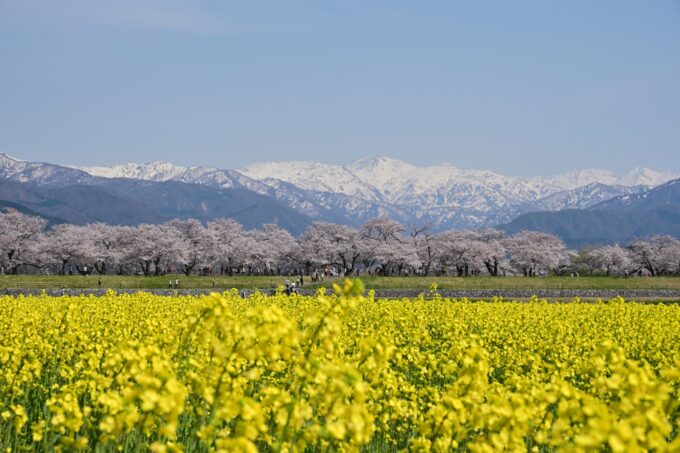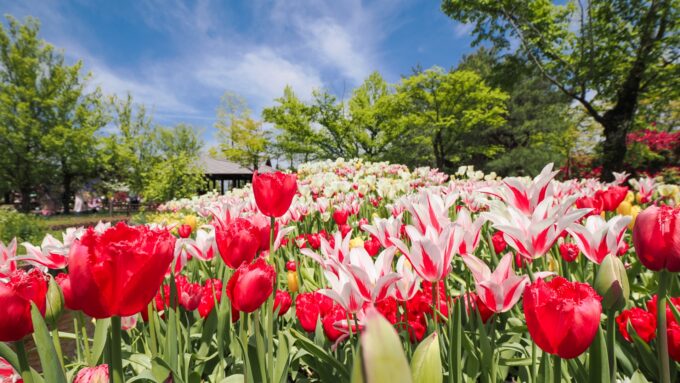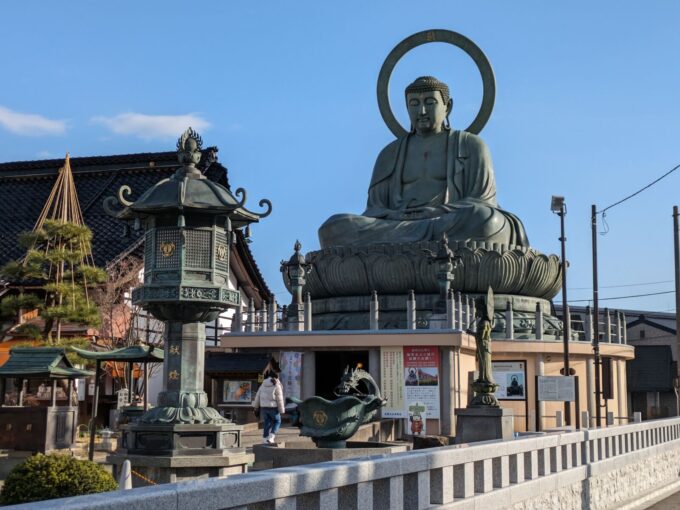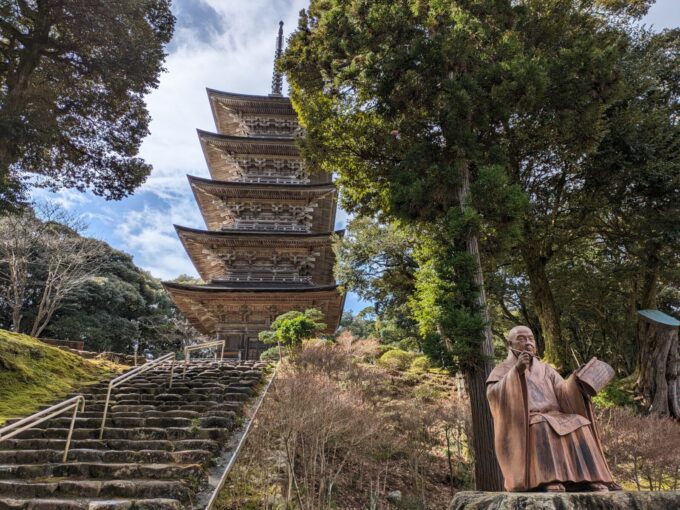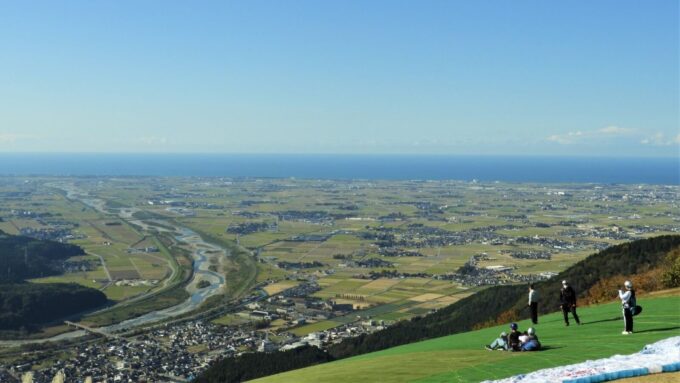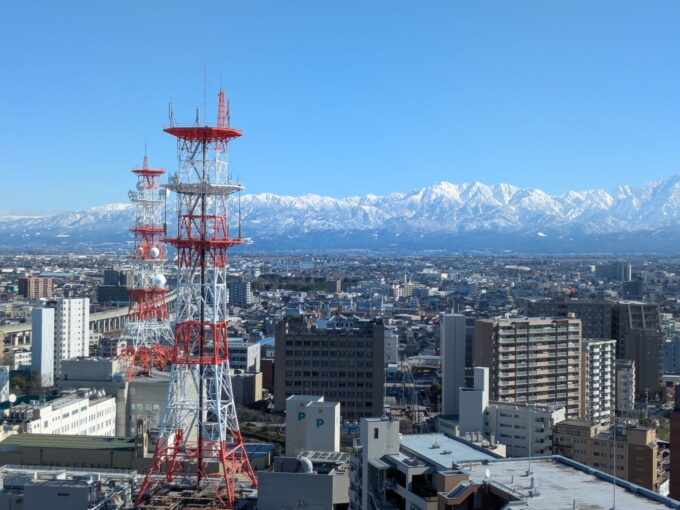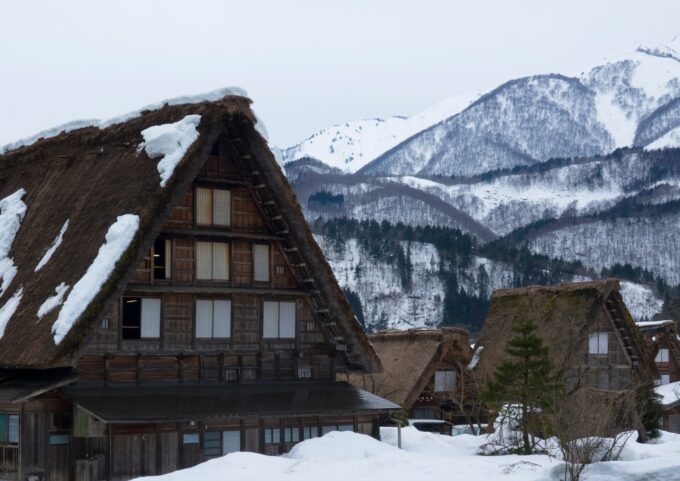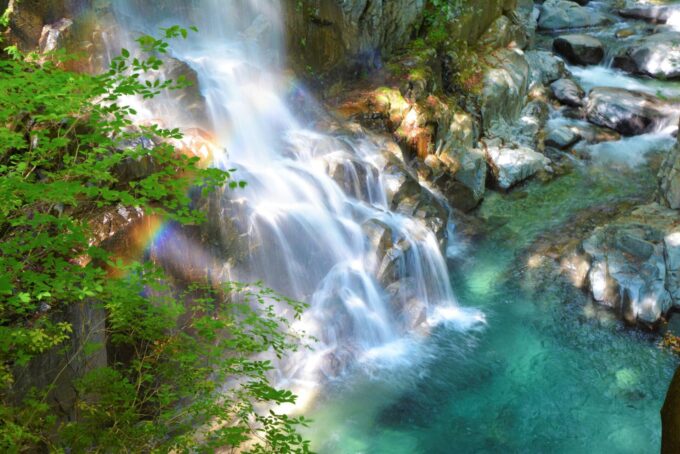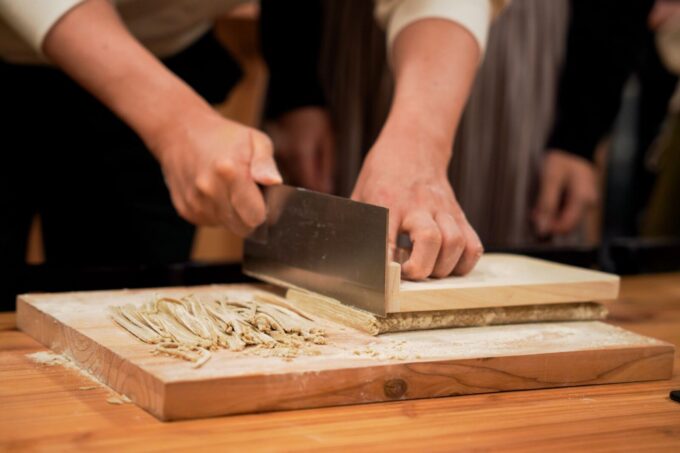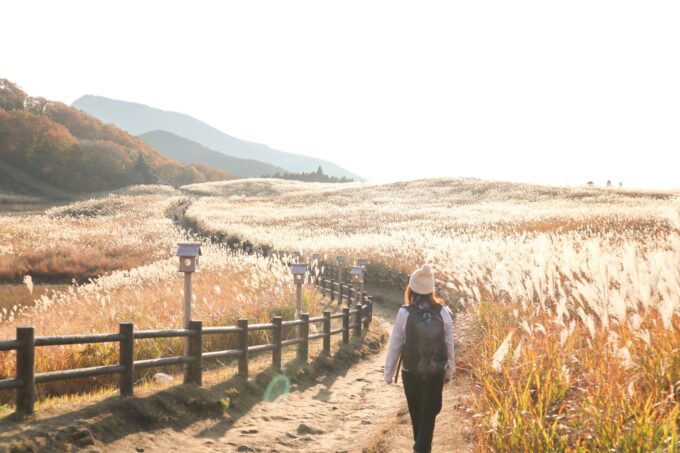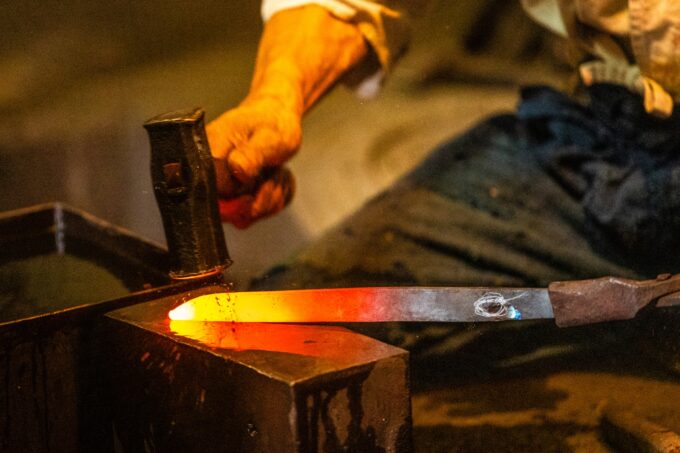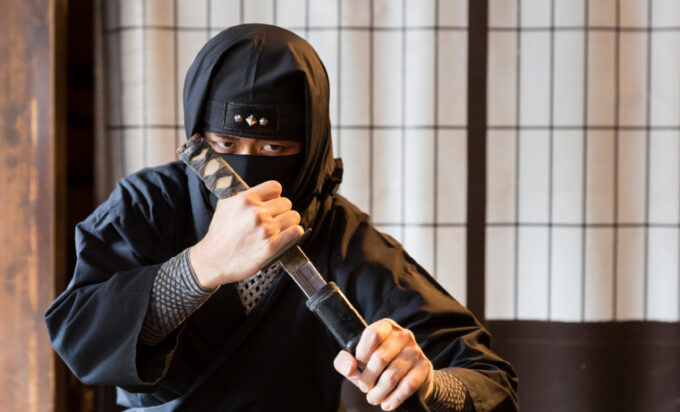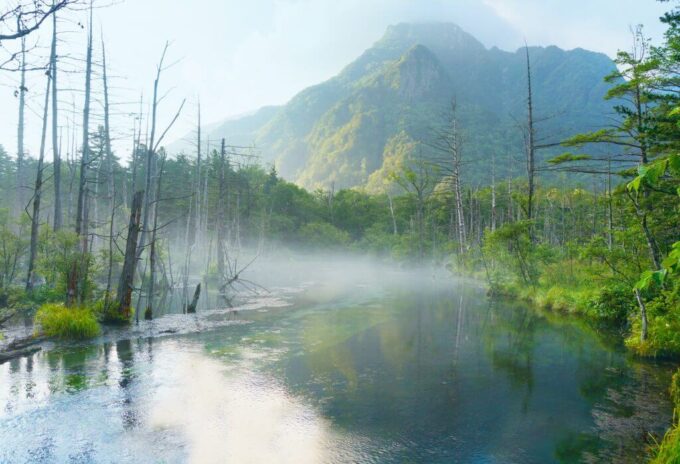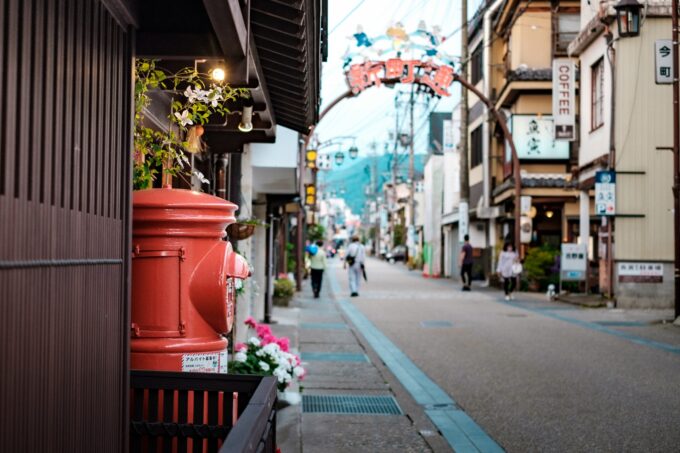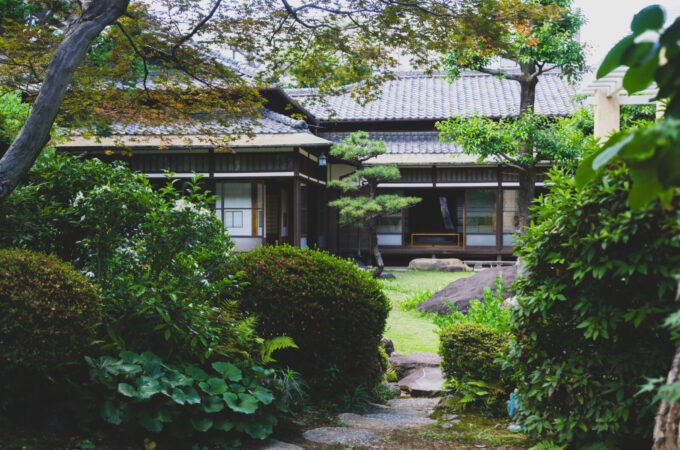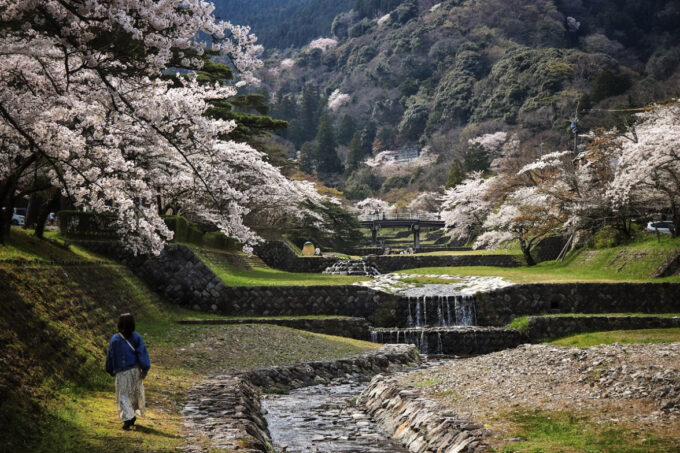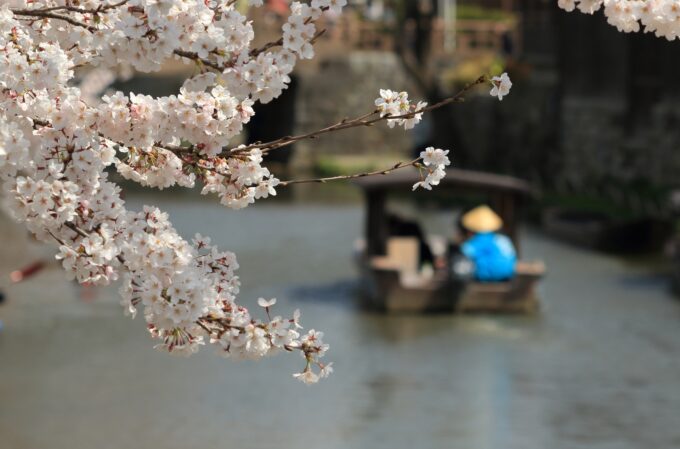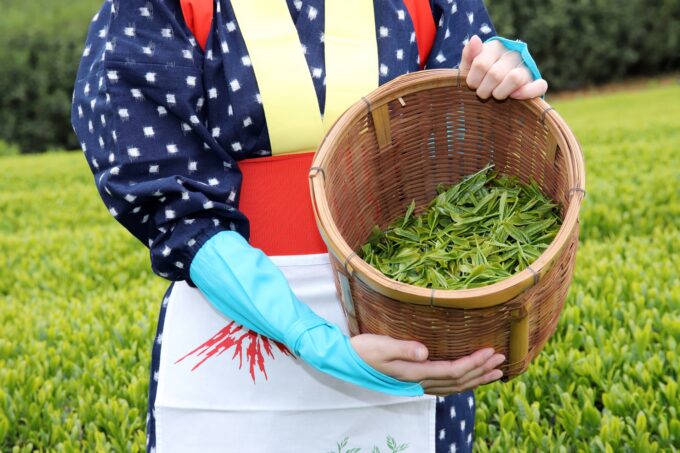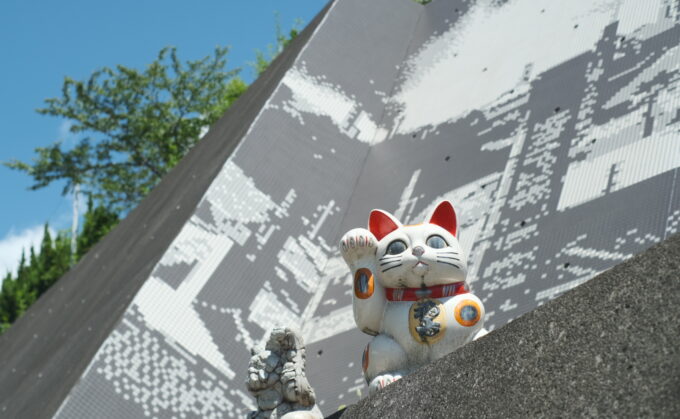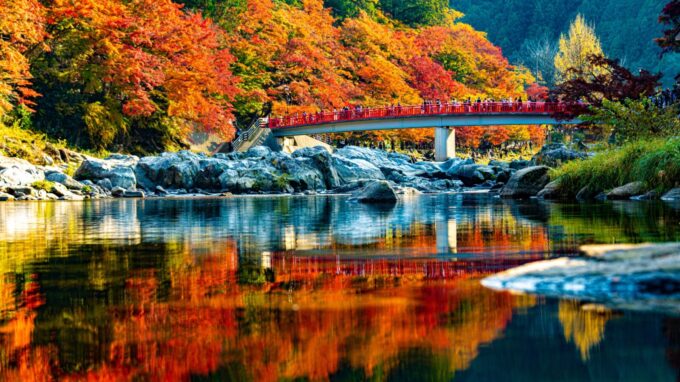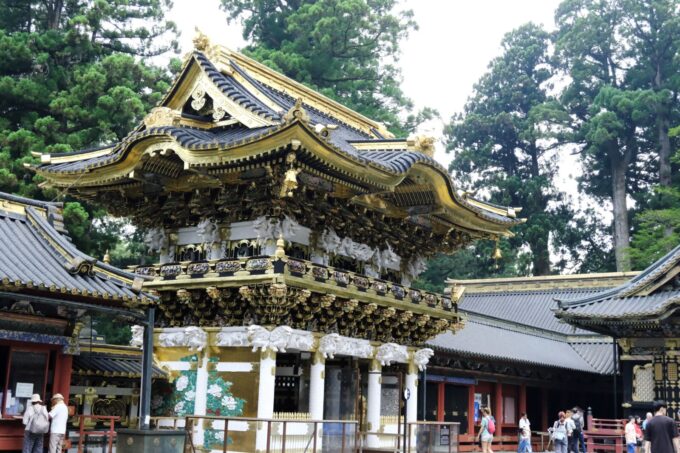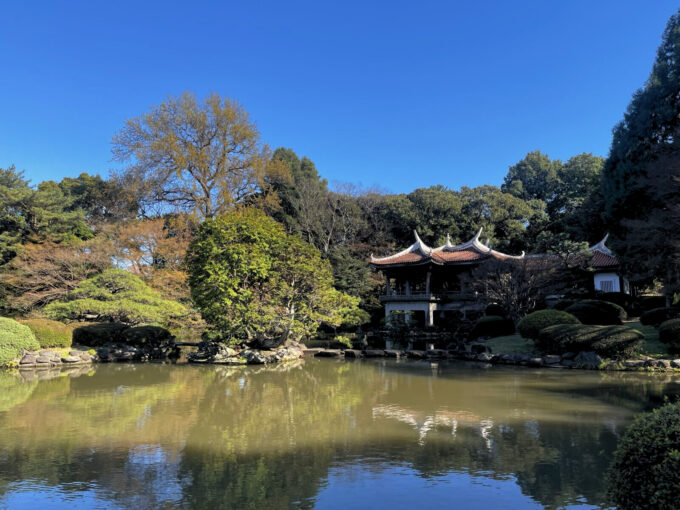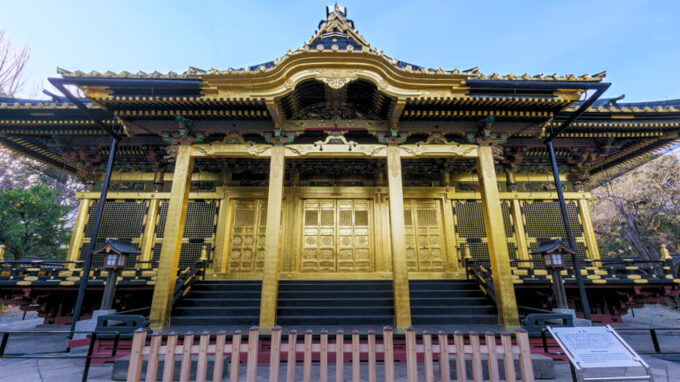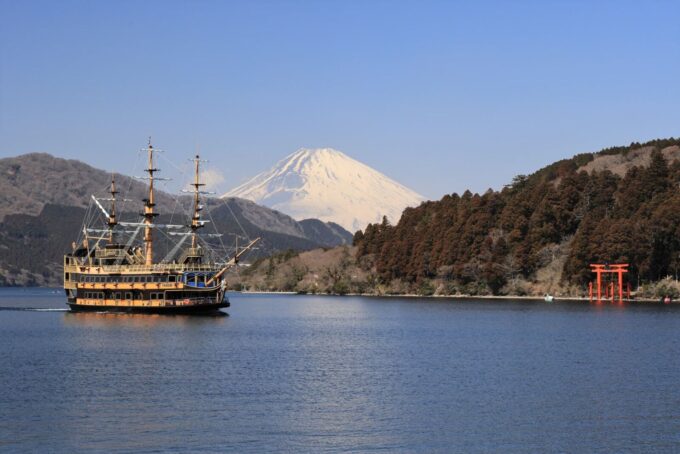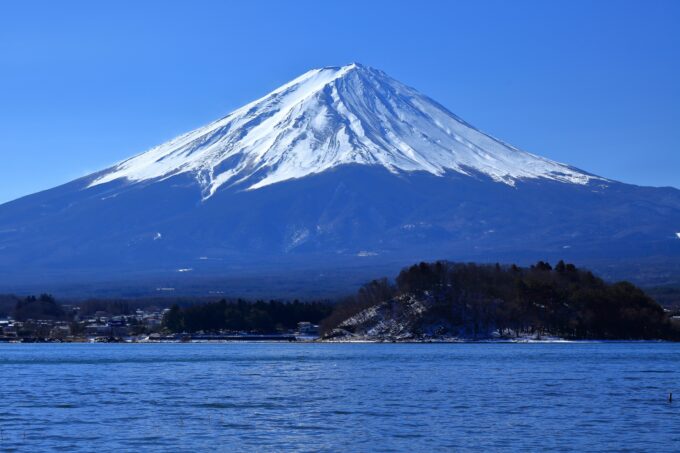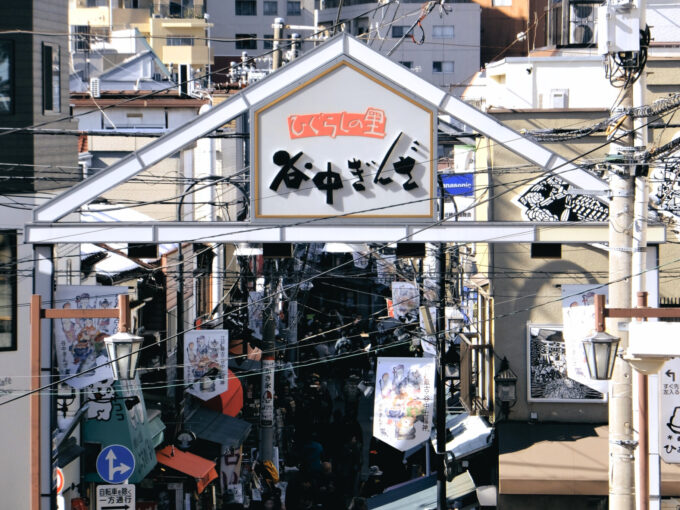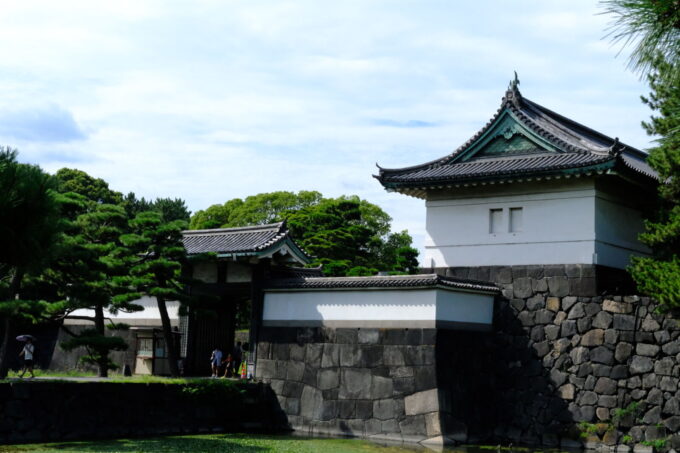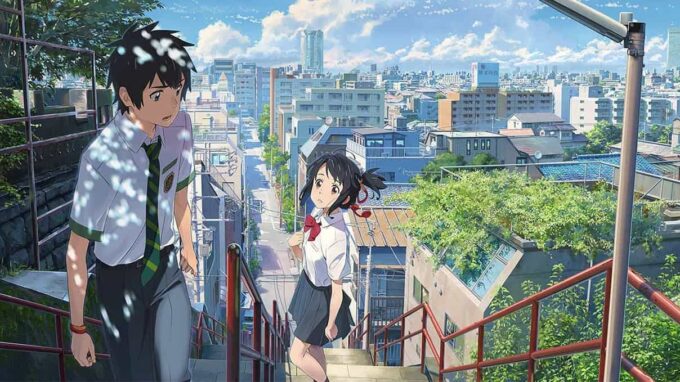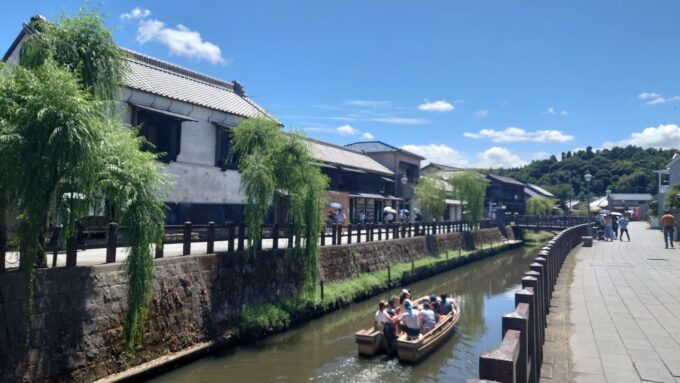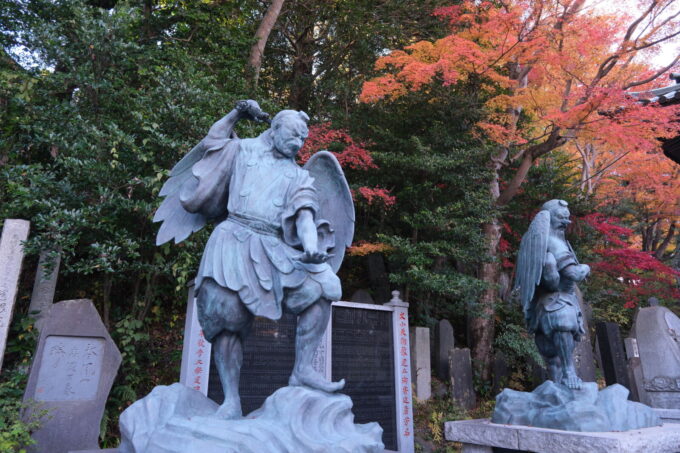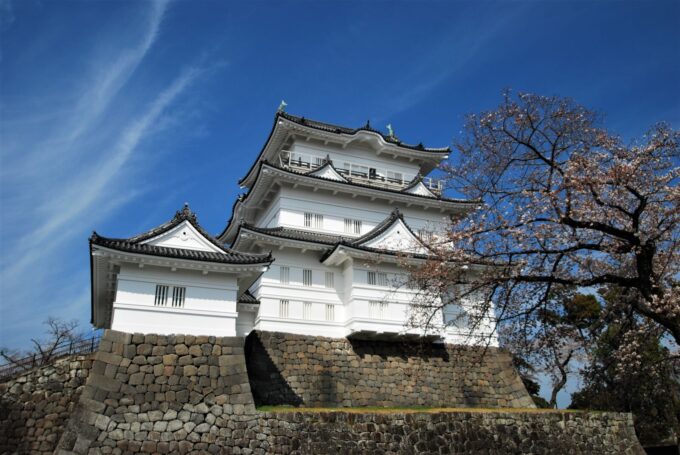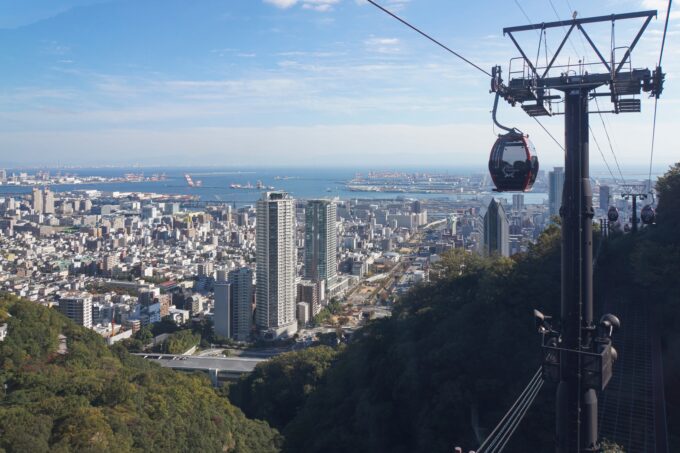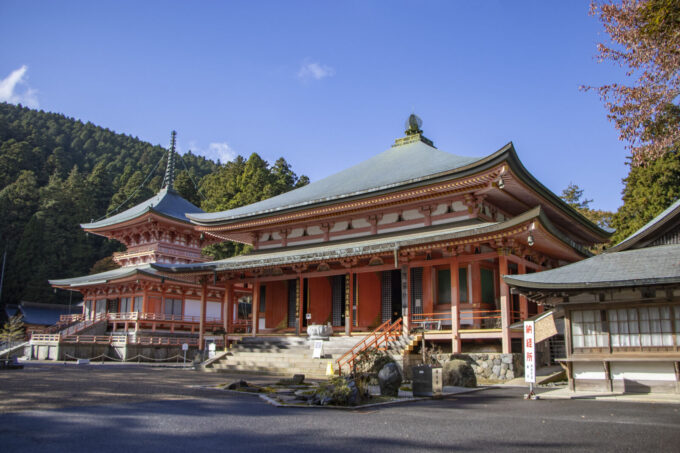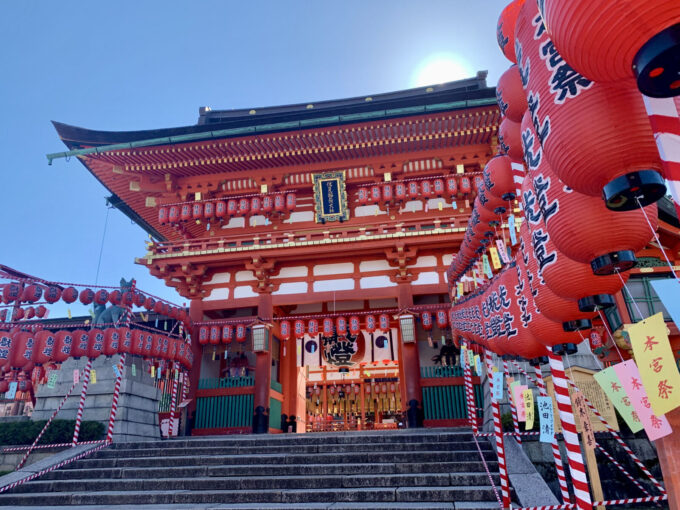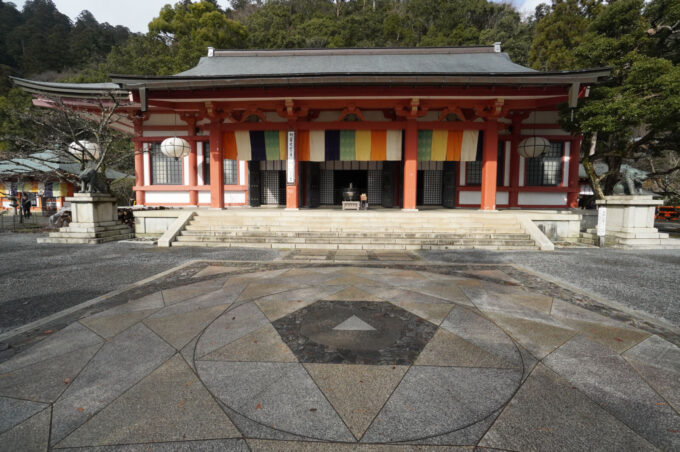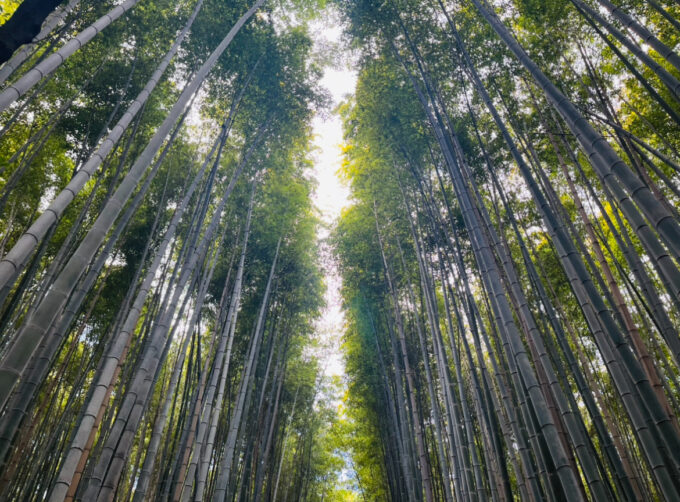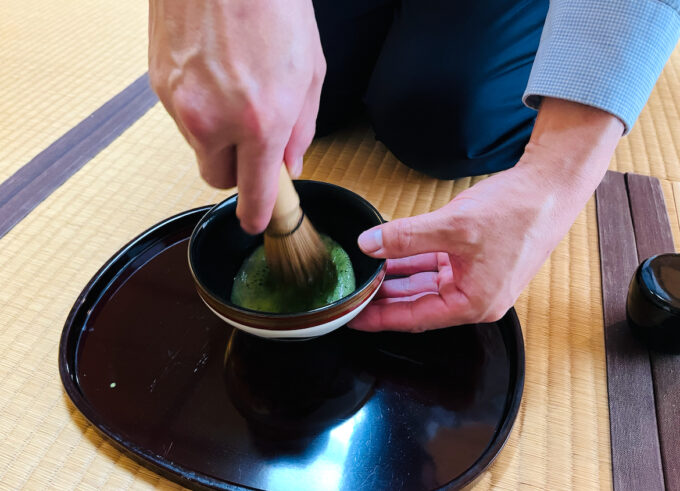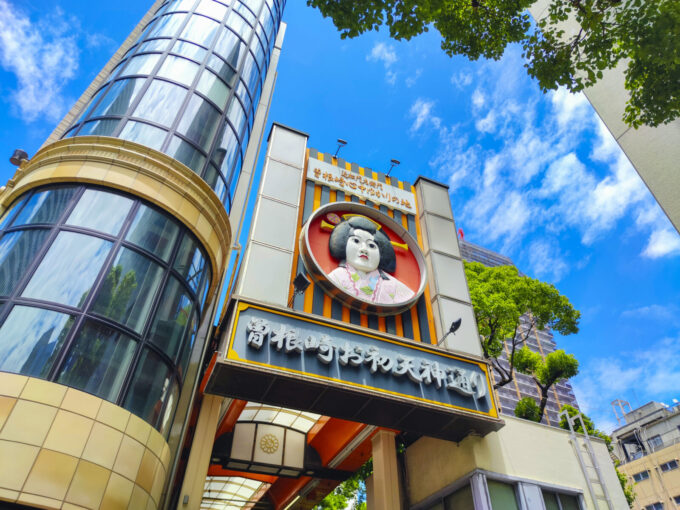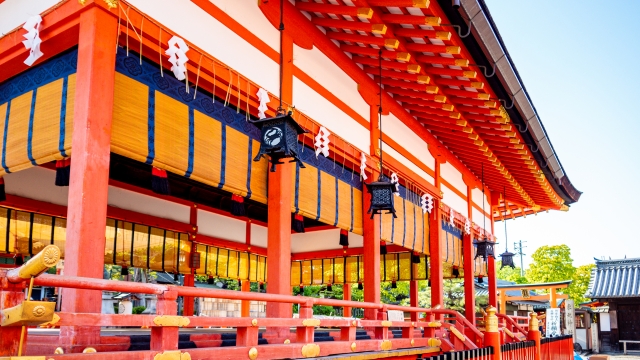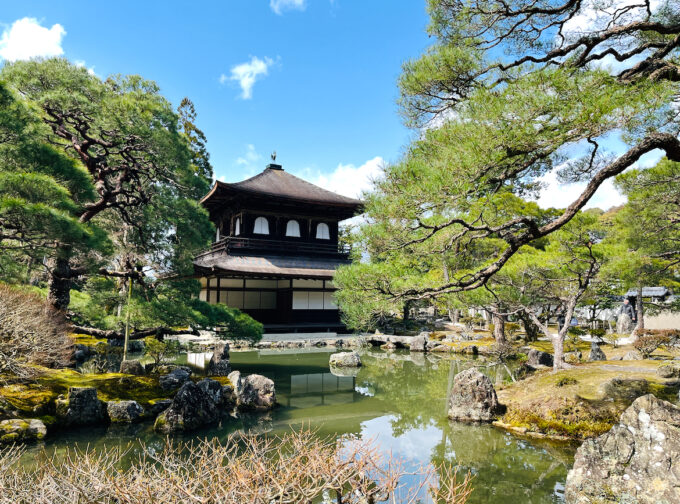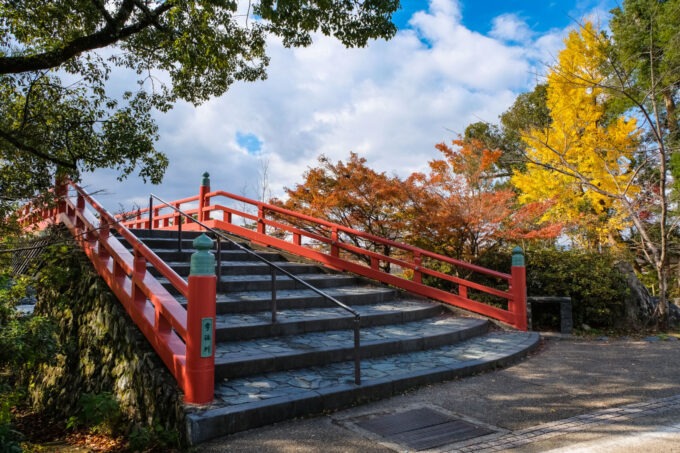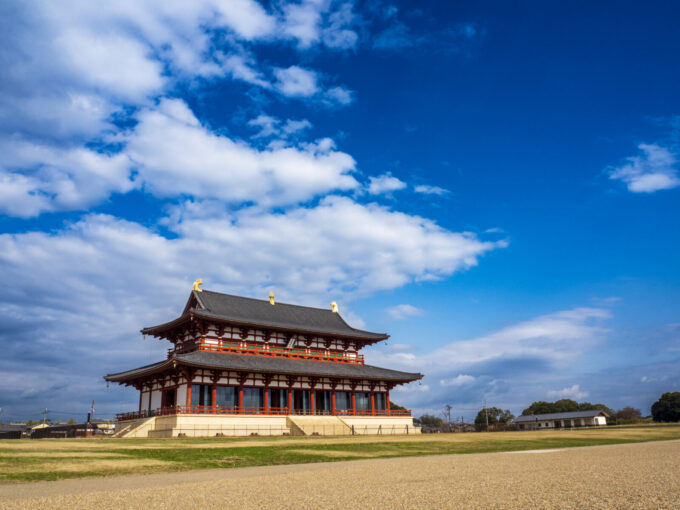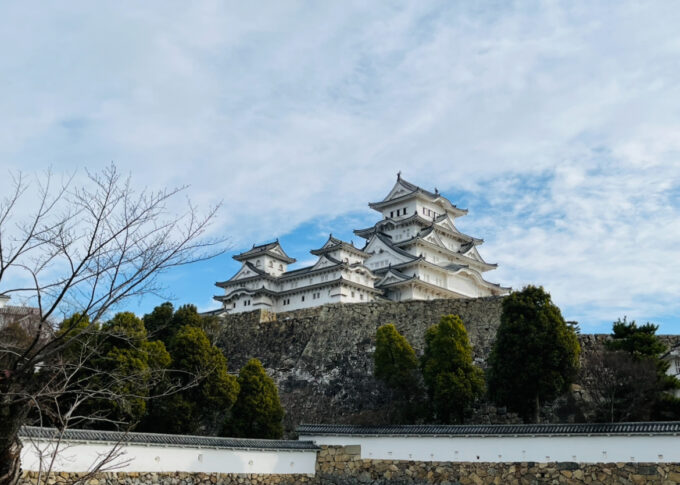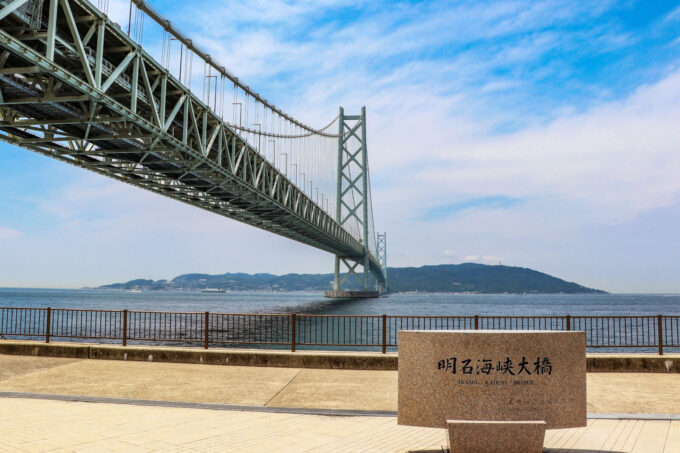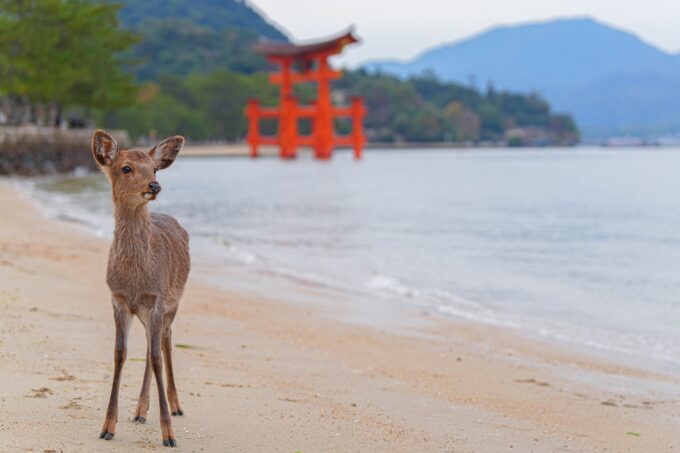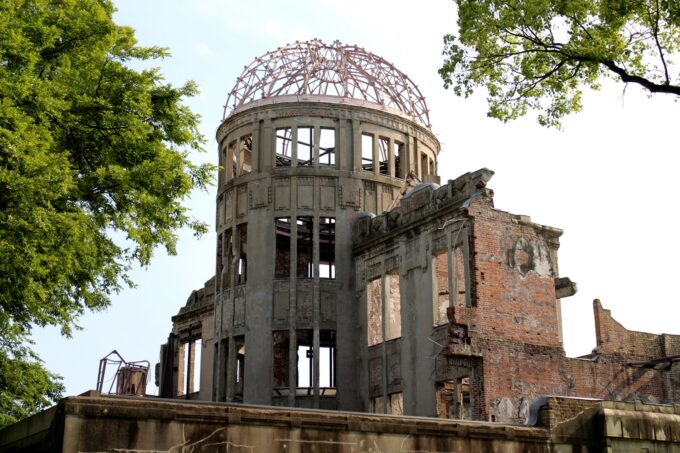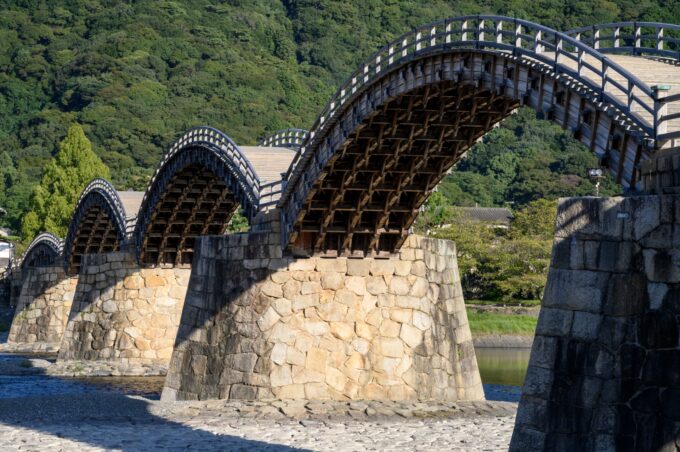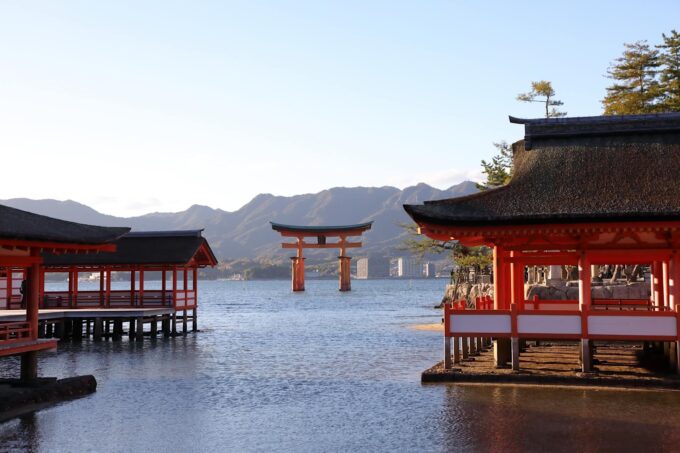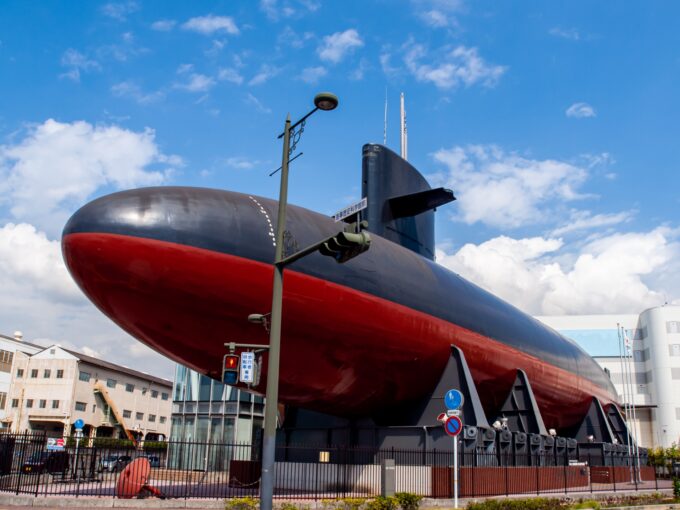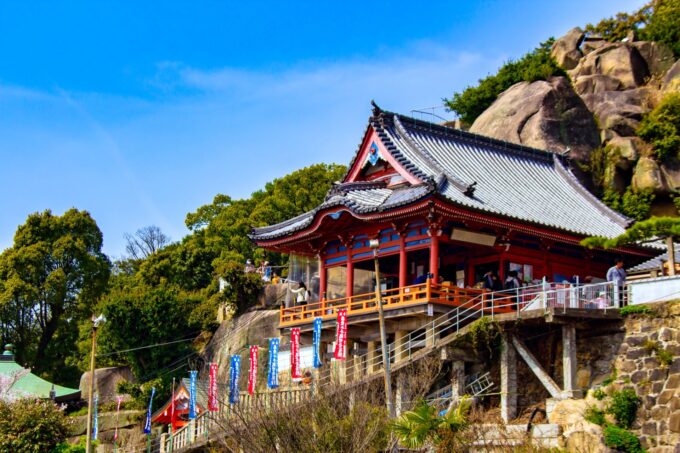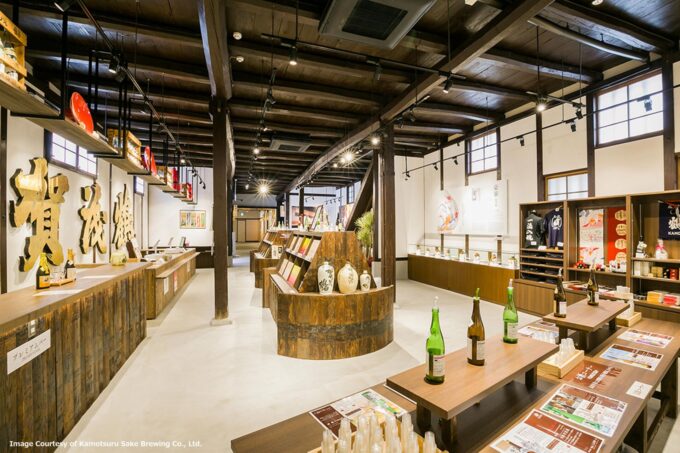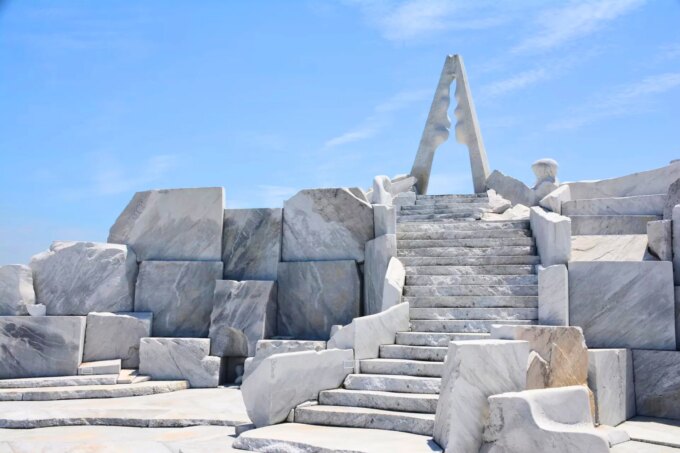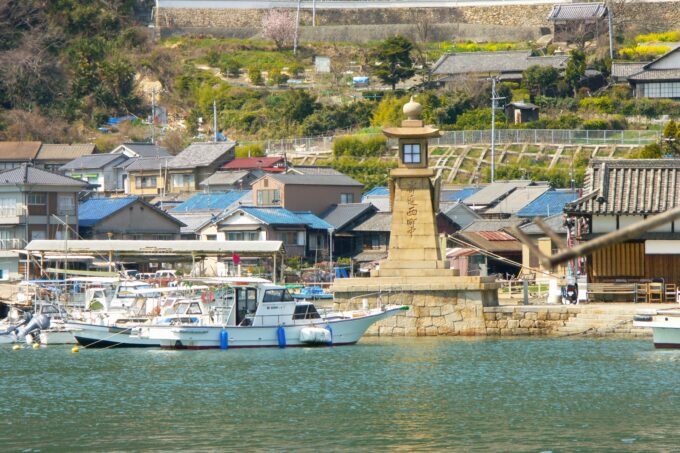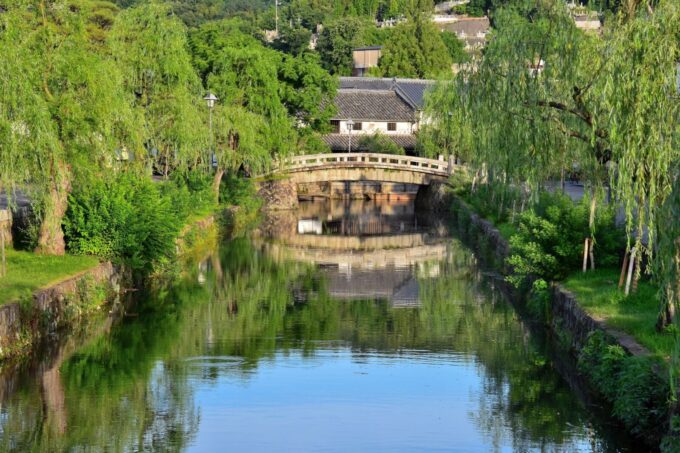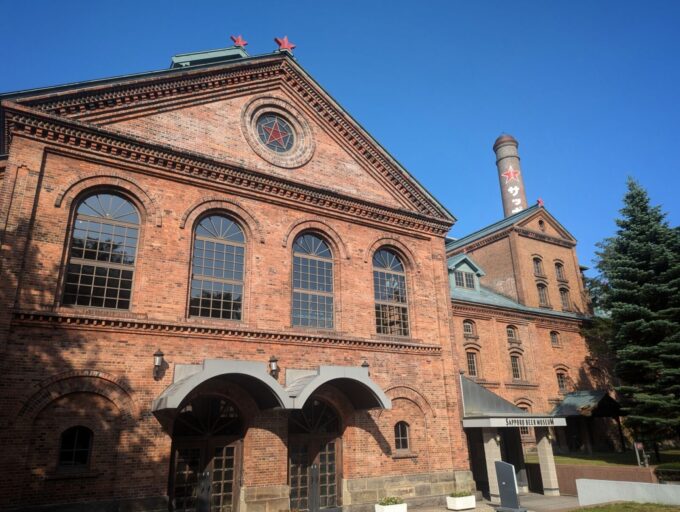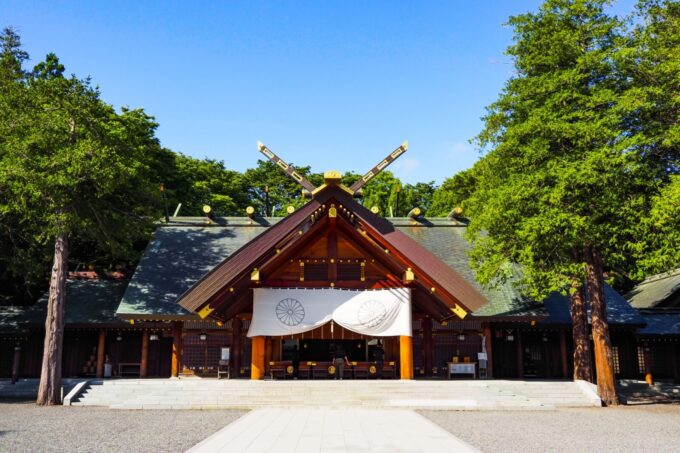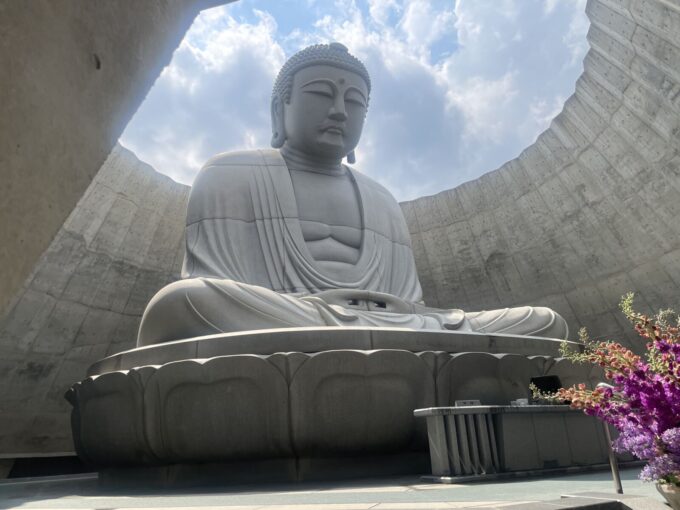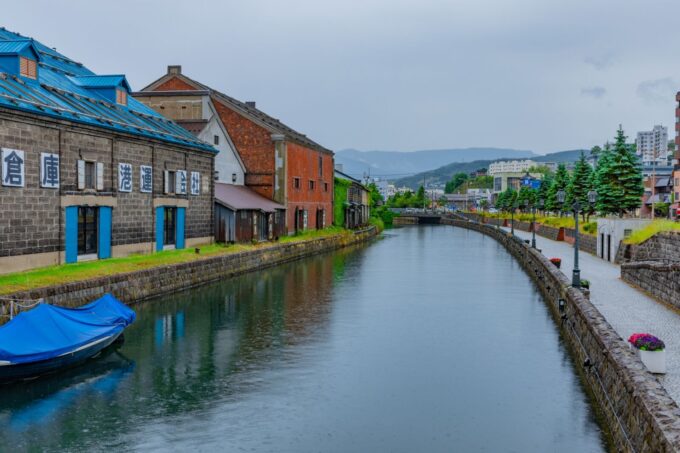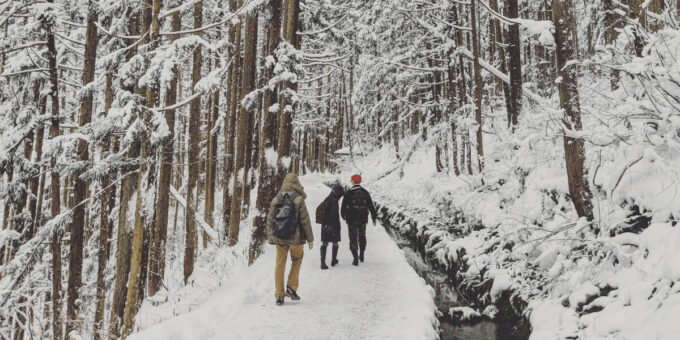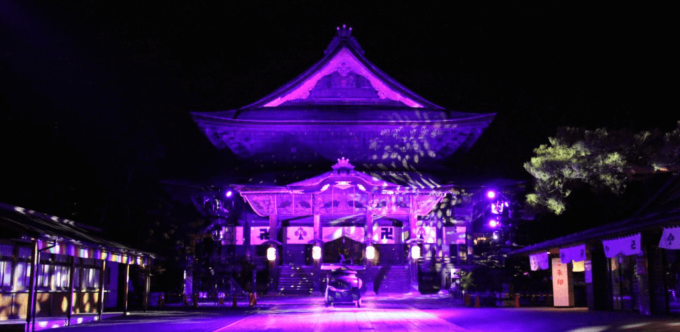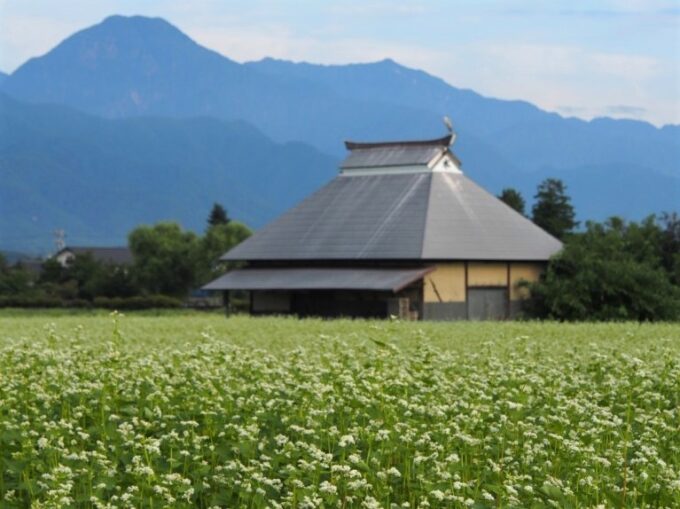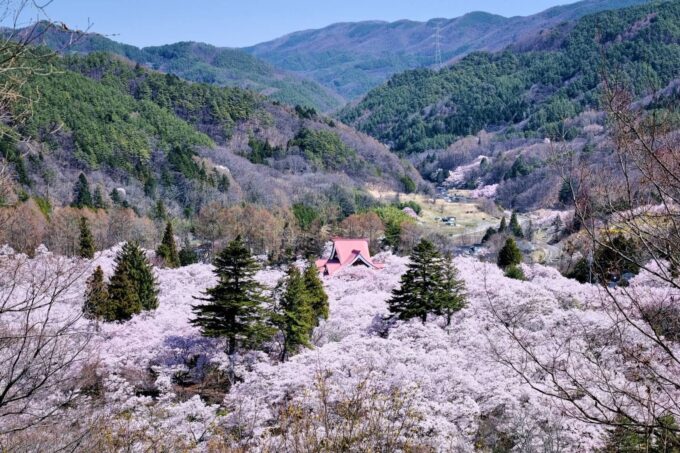Related Tours
(Day Tour)
[Spring Only] 1-Day Tour from Nagano: Snow Walls of Tateyama-Kurobe Alpine Route
- Spots:
- Pick-up:
- Drop-off:
(Day Tour)
1 Day Tour from Kanazawa & Toyama: Tateyama Alpine Route Snow Wall and Mysterious Valley
- Spots:
- Pick-up:
- Drop-off:
(Day Tour)
[Summer/Autumn only] Tateyama-Kurobe Tour: Walking on the 'Roof of Japan'
- Spots:
- Pick-up:
- Drop-off:
(Day Tour)
1-Day Tour from Nagano and Matsumoto: Experience Matsumoto Castle and Narai-juku
- Spots:
- Pick-up:
- Drop-off:
(Day Tour)
1-Day Tour from Nagano and Matsumoto: Step into the Past on the Nakasendo
- Spots:
- Pick-up:
- Drop-off:
(Private Tour)
MEET LOCALS: Discovering Local Heritage and Key Figures of Nagano
- Spots:
- Pick-up:
- Drop-off:
(Multi-day Tour)
(Green Season) 4-Day Tour from Nagano to Kanazawa: The Ultimate Central Japan Tour
- Spots:
- Pick-up:
- Drop-off:
(Day Tour)
1-Day Tour from Takayama: Explore Scenic Old Japan in Takayama and Shirakawa-go
- Spots:
- Pick-up:
- Drop-off:
(Day Tour)
1 Day Tour from Kanazawa: Shirakawa-go, Gokayama and Wood Carving Village
- Spots:
- Pick-up:
- Drop-off:
(Day Tour)
1-Day Togakushi Legends Tour: Hands-on Soba Noodles, Ninja Village, and Hidden Shrines
- Spots:
- Pick-up:
- Drop-off:
(Day Tour)
1-Day Tour from Nagoya: Ise’s Sacred Shrines and Captivating Coastlines
- Spots:
- Pick-up:
- Drop-off:
(Day Tour)
Osaka's Secret Adventures: Discover Daruma Magic and the Beauty of Minoh Falls
- Spots:
- Pick-up:
- Drop-off:
(Day Tour)
1 Day Trip to Kamakura and Enoshima : Shrines, Seaside, Temples and Tea
- Spots:
- Pick-up:
- Drop-off:
(Day Tour)
1-Day Tour from Nagoya: Hida Takayama and World Heritage Site Shirakawa-go
- Spots:
- Pick-up:
- Drop-off:
(Day Tour)
1 Day Tour from Kanazawa: Eiheiji Temple and Fukui City Castle Town
- Spots:
- Pick-up:
- Drop-off:
(Day Tour)
1-Day Tour from Sapporo: Learn of The Indigenous Ainu people of Hokkaido & Jozankei walking tour
- Spots:
- Pick-up:
- Drop-off:
(Day Tour)
(Winter Only) 1-Day Tour From Nozawa Onsen: Snow Monkeys, Zenkoji Temple & Sake
- Spots:
- Pick-up:
- Drop-off:
(Day Tour)
(Winter Only) 1-Day Tour From Myoko & Madarao: Snow Monkeys, Zenkoji Temple & Sake
- Spots:
- Pick-up:
- Drop-off:
(Day Tour, Event Tour)
1-Day Tour: Snow Monkeys & Zenkoji Tomyo Lantern Festival
- Spots:
- Pick-up:
- Drop-off:
(Private Tour, Multi-day Tour)
2-Day Tour: Snow Monkeys, Samurai Experience & Zenkoji 'Shukubo' Stay
- Spots:
- Pick-up:
- Drop-off:
(Day Tour)
1-Day Tour from Nagano and Karuizawa: Colors of the Season at Ashikaga Flower Park
- Spots:
- Pick-up:
- Drop-off:
(Day Tour)
1-Day Samurai Food & Life Tour: Oyaki, Samurai Residences, and Katana Practice
- Spots:
- Pick-up:
- Drop-off:
(Day Tour)
1-Day Tour from Takayama: Hida's Hidden Gems - Hida Folk Village, Limestone Caves and the Shinhotaka Ropeway
- Spots:
- Pick-up:
- Drop-off:
(Day Tour)
1-Day Tour in Takayama: Immerse in Takayama's Rich History and Temples
- Spots:
- Pick-up:
- Drop-off:
(Day Tour)
1-Day Tour from Takayama: Delve into Hida-Furukawa's Cultural Treasures
- Spots:
- Pick-up:
- Drop-off:
(Day Tour)
1-Day Tour from Takayama: Gujo Hachiman -History, Traditions and Crafts
- Spots:
- Pick-up:
- Drop-off:
(Day Tour)
1-Day Tour in Takayama: Foodie Adventure, Showa Era, & the Old Town
- Spots:
- Pick-up:
- Drop-off:
(Day Tour)
Half-Day Walking Tour: Takayama’s Festival Floats & Historic Streets
- Spots:
- Pick-up:
- Drop-off:
(Day Tour)
1-Day Tour from Takayama: Explore the Hida Locations of 'Your Name'
- Spots:
- Pick-up:
- Drop-off:
(Private Tour)
[START FROM TAKAYAMA] Private Shinhotaka Ropeway & Kamikochi Tour
- Spots:
- Pick-up:
- Drop-off:
(Day Tour)
(Seasonal) 1-Day Tour from Takayama: Discover Mt. Norikura - Alpine Flower Fields and Panoramic Peaks
- Spots:
- Pick-up:
- Drop-off:
(Day Tour)
1 Day Tour from Kanazawa: Beautiful Amaharashi, A Big Buddha and the Shogawa Valley River Cruise
- Spots:
- Pick-up:
- Drop-off:
(Day Tour)
Kanazawa Walking Tour: Experience Gold Leaf, Japanese Sweets and Ninja Stars
- Spots:
- Pick-up:
- Drop-off:
(Day Tour)
1 Day Tour from Kanazawa: Fukui's Stunning Cliffs, Spiritual Island and Historical Port
- Spots:
- Pick-up:
- Drop-off:
(Day Tour)
Day Tour in Kanazawa: Glamor of the Geisha, a Daimyo's Villa and a World-Class Garden
- Spots:
- Pick-up:
- Drop-off:
(Day Tour, Event Tour)
[Spring Only] Day Tour from Kanazawa and Toyama: The Spring Quartet of Flowers and Mountain Cherry Blossoms
- Spots:
- Pick-up:
- Drop-off:
(Day Tour, Event Tour)
[Spring Only] 1 Day Tour from Kanazawa: Tonami's Terrific Tulips and the UNESCO site of Gokayama
- Spots:
- Pick-up:
- Drop-off:
(Day Tour)
1 Day Tour from Kanazawa: Takaoka's Temples, Metalworking and Mountain Views
- Spots:
- Pick-up:
- Drop-off:
(Day Tour)
1 Day Tour from Kanazawa: Relaxing Beaches, 400 year old Temples and Outer Space
- Spots:
- Pick-up:
- Drop-off:
(Day Tour)
1 Day Tour from Kanazawa: Ancient Temples, Panoramic Views and Butterflies
- Spots:
- Pick-up:
- Drop-off:
(Day Tour)
1 Day Tour in Toyama: Stunning Streetscapes, Beautiful Views and Local History
- Spots:
- Pick-up:
- Drop-off:
(Day Tour)
(Summer Only) 1-Day Tour from Nagoya: Hidden Gems of the Kiso Valley
- Spots:
- Pick-up:
- Drop-off:
(Day Tour)
(Winter Only) 1-Day Tour from Nagoya: Local Traditions of the Nakasendo Road
- Spots:
- Pick-up:
- Drop-off:
(Day Tour)
1-Day Tour from Nagoya: Soni Highlands Eco-Adventure & Giant Salamanders
- Spots:
- Pick-up:
- Drop-off:
(Day Tour)
1-Day Tour from Nagoya: Myths and Mystery of Ninja and the Tokaido Road
- Spots:
- Pick-up:
- Drop-off:
(Day Tour)
1-Day Tour from Nagoya: Kamikochi – Enchanting Landscapes & Seasonal Beauty
- Spots:
- Pick-up:
- Drop-off:
(Day Tour)
1-Day Tour from Nagoya: Gujo Hachiman’s Crafting Culture & Castle in the Clouds
- Spots:
- Pick-up:
- Drop-off:
(Day Tour)
1-Day Guided Garden Walk through Nagoya's Castle, Gardens, and Historic Estates
- Spots:
- Pick-up:
- Drop-off:
(Day Tour)
1-Day Tour from Nagoya: Castles and Canals in Hikone and Omi Hachiman
- Spots:
- Pick-up:
- Drop-off:
(Private Tour)
[START FROM NAGOYA] Rural Japan in Magome & the Kiso Valley Private Tour
- Spots:
- Pick-up:
- Drop-off:
(Day Tour)
1-Day Tour from Nagoya: Matcha, Confections, and Traditions in Nishio
- Spots:
- Pick-up:
- Drop-off:
(Day Tour)
1-Day Tour from Nagoya: Crafting Traditions in Tokoname and Arimatsu
- Spots:
- Pick-up:
- Drop-off:
(Day Tour)
1-Day Tour from Nagoya: Korankei Gorge & Fox Shrines—A Photographer's Paradise
- Spots:
- Pick-up:
- Drop-off:
(Day Tour)
Walking Tour in Yanaka, Nezu and Sendagi : Experience Tea Ceremony and ’Yanesen’ Old Tokyo
- Spots:
- Pick-up:
- Drop-off:
(Day Tour)
Ultimate Tokyo Tour : Imperial Palace, Sake, Robots, Japanese Gardens and Edo Museum
- Spots:
- Pick-up:
- Drop-off:
(Day Tour)
1 Day Walking Tour in Asakusa : Traditional Tokyo, Culinary Delights and Nature
- Spots:
- Pick-up:
- Drop-off:
(Day Tour)
1 Day Walking Tour in Shinjuku and Kagurazaka : Tokyo Hot Spots and Hidden Gems
- Spots:
- Pick-up:
- Drop-off:
(Day Tour)
Sacred Peaks and Scenic Views: Mt. Hieizan, Enryakuji Temple and Hiyoshi Taisha Shrine.
- Spots:
- Pick-up:
- Drop-off:
(Day Tour)
Sacred Peaks and Ancient Paths: The Kurama-Kibune Hiking Experience
- Spots:
- Pick-up:
- Drop-off:
(Day Tour)
1-Day Walking Tour : Traversing Kyoto's Scenic West - Arashiyama to Kinkakuji
- Spots:
- Pick-up:
- Drop-off:
(Day Tour, Event Tour)
(Special Event) Nagano's Hidden Samurai Town & Tomyo Lantern Festival Tour
- Spots:
- Pick-up:
- Drop-off:
(Private Tour)
Whispers of Tradition: Exploring Kobe's Tool Museum, Tea Ceremony, and Port Tower
- Spots:
- Pick-up:
- Drop-off:
(Day Tour)
Kyoto Heritage Path - From Fushimi Inari's Mystery to Kiyomizu Temple Majesty
- Spots:
- Pick-up:
- Drop-off:
(Day Tour)
Bamboo Artistry and Zen Serenity: A Day of Tranquility with Ginkaku-ji in Kyoto
- Spots:
- Pick-up:
- Drop-off:
(Day Tour)
Uji's Romance: Byodo-in, Tea and the Legacy of Genji's Timeless Tales
- Spots:
- Pick-up:
- Drop-off:
(Day Tour)
1-Day Walking Tour in Himeji : Castle, Garden and Aizome (Indigo Dyeing)
- Spots:
- Pick-up:
- Drop-off:
(Day Tour)
1-Day Iwakuni Tour: Kintaikyo Bridge, Castle Town & Seal Engraving Experience
- Spots:
- Pick-up:
- Drop-off:
(Day Tour)
1-Day Miyajima & Iwakuni Tour: Exploring the Most Iconic Japanese Landscapes
- Spots:
- Pick-up:
- Drop-off:
(Day Tour)
1-Day Tour: Port City Kure - Cruise, Battleships, Submarines & More!
- Spots:
- Pick-up:
- Drop-off:
(Day Tour)
Half-Day Saijo Tour: Sake Tasting & Inside Brewery Tour in Hiroshima's "Sake Capital"
- Spots:
- Pick-up:
- Drop-off:
(Day Tour)
1-Day Onomichi & Ikuchijima Island Tour: “The Hill of Hope,” Temples, Ropeway and Ferry
- Spots:
- Pick-up:
- Drop-off:
(Day Tour)
1-Day Fukuyama Tour: Castle, Tomonoura Port Town, and Sensui-jima Island Visit
- Spots:
- Pick-up:
- Drop-off:
(Day Tour)
1-Day Okayama Tour: Castle, Korakuen Garden, and Historic Townscape of Kurashiki
- Spots:
- Pick-up:
- Drop-off:
(Day Tour)
1-Day Tour in Sapporo: Hokkaido's Past at The Historical Village & Sapporo Beer Museum
- Spots:
- Pick-up:
- Drop-off:
(Day Tour)
1-Day Tour in Sapporo: Sacred Shrine, Seafood Market & Shiroi Koibito Park
- Spots:
- Pick-up:
- Drop-off:
(Day Tour)
1-Day Tour from Sapporo: Hill of the Buddha, Sapporo Gems & Sake Tasting
- Spots:
- Pick-up:
- Drop-off:
(Day Tour)
1-Day Tour from Sapporo: The port city of Otaru & Local beer brewery
- Spots:
- Pick-up:
- Drop-off:
(Multi-day Tour)
2-Day Snow Monkeys & Snow Fun Winter Tour inc. Luxury Onsen Hotel
- Spots:
- Pick-up:
- Drop-off:
(Multi-day Tour)
2-Day Snow Monkeys & Nagano Cultural Tour inc. Luxury Onsen Hotel
- Spots:
- Pick-up:
- Drop-off:
(Event Tour)
(Special Event) Nagano's Hidden Samurai Town & Zenkoji Winter Illumination Tour
- Spots:
- Pick-up:
- Drop-off:
(Private Tour)
[START FROM NAGANO/MATSUMOTO] Private Wasabi-Picking Experience & Kamikochi
- Spots:
- Pick-up:
- Drop-off:
(Private Tour, Multi-day Tour)
2-Day Tour: Matsumoto Castle, Nakasendo & Countryside Azumino
- Spots:
- Pick-up:
- Drop-off:
(Private Tour)
(Spring Only) Private 1-Day Tour: Cherry Blossoms of Takato Castle Park
- Spots:
- Pick-up:
- Drop-off:



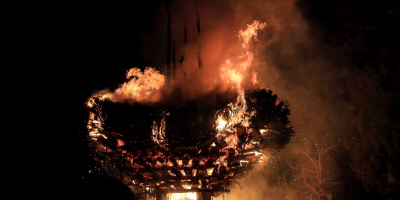
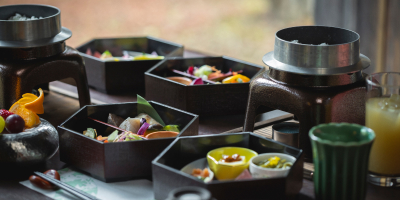
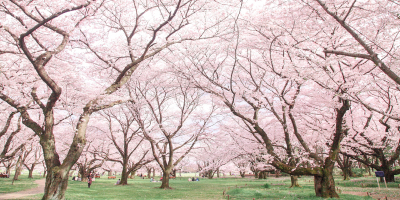
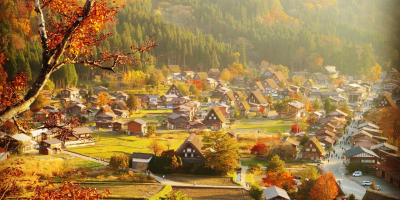
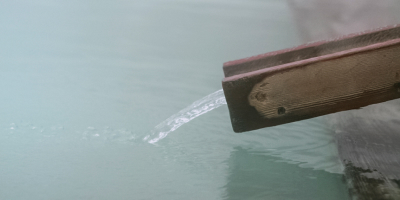
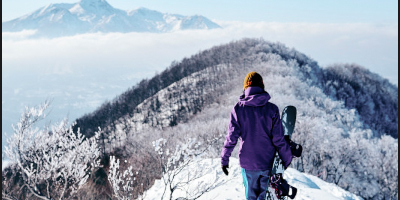
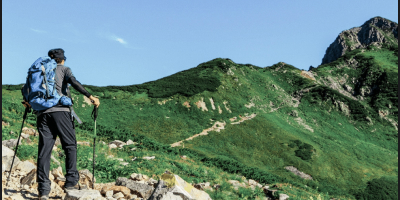

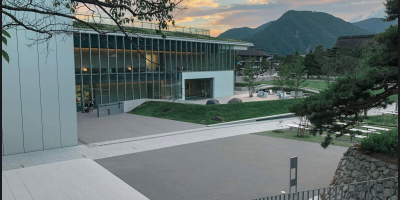
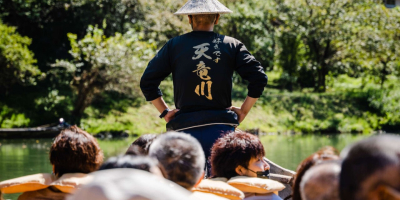
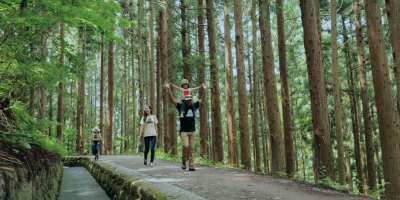
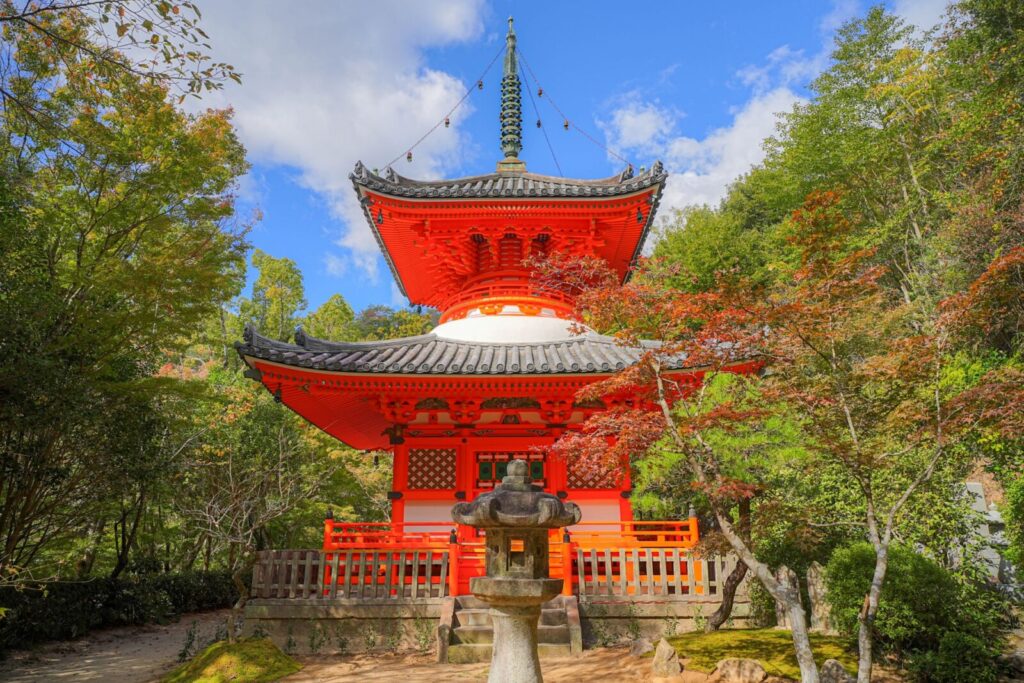
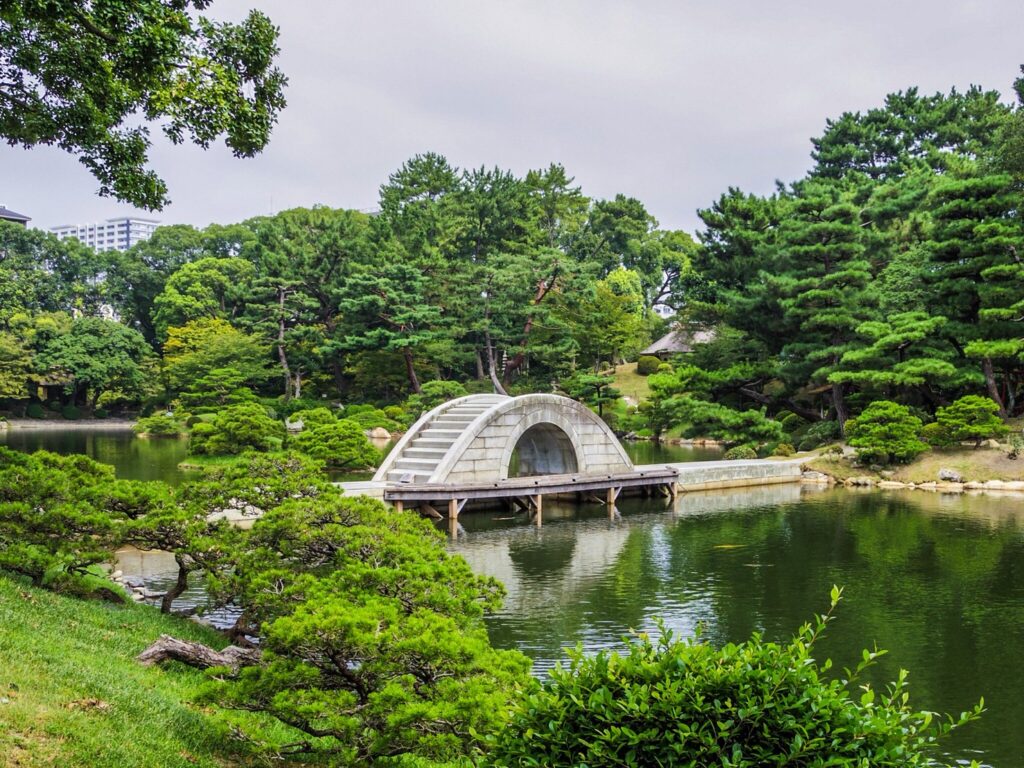
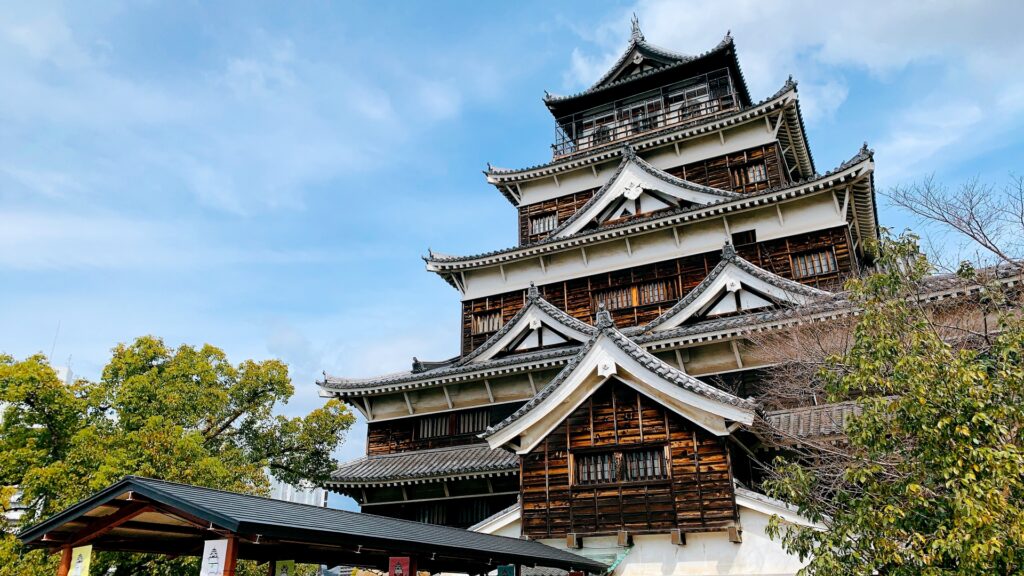
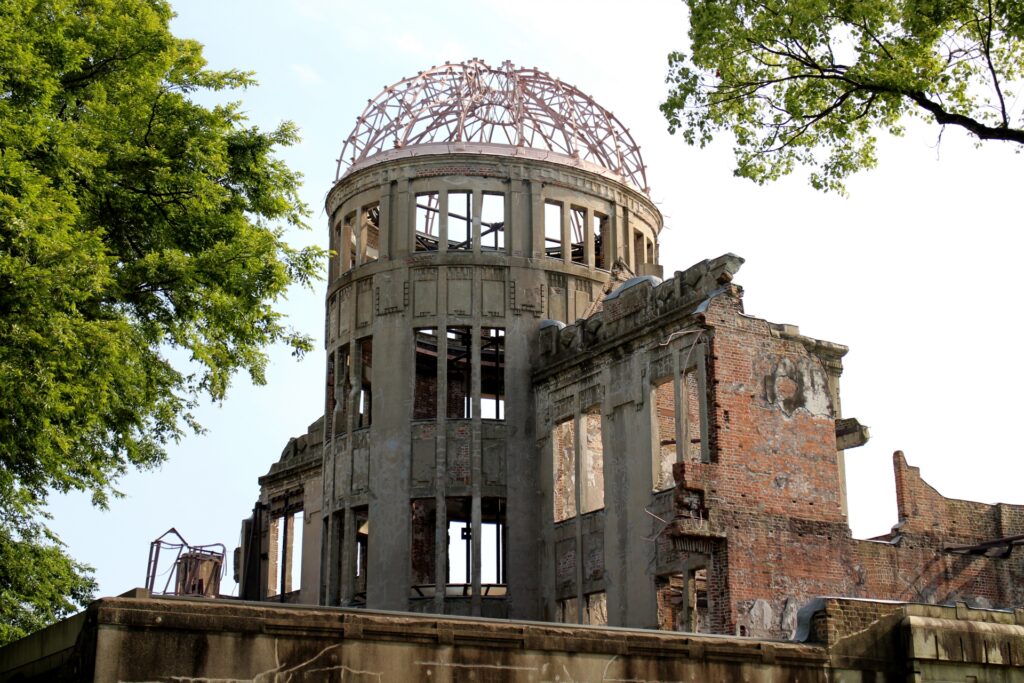
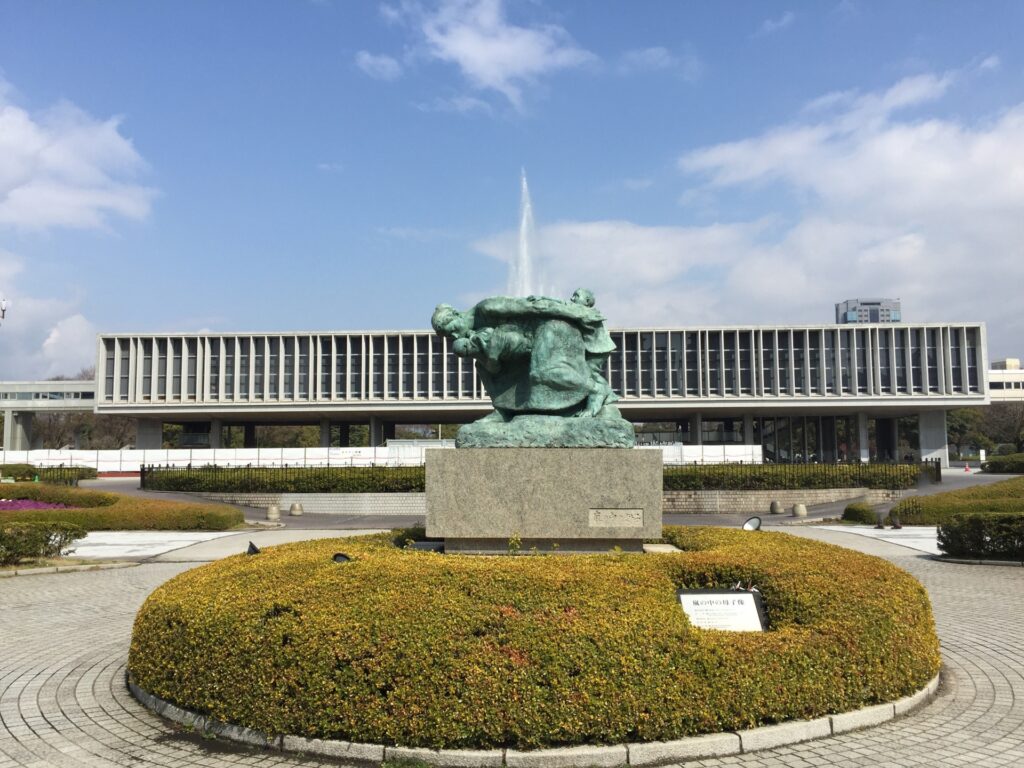
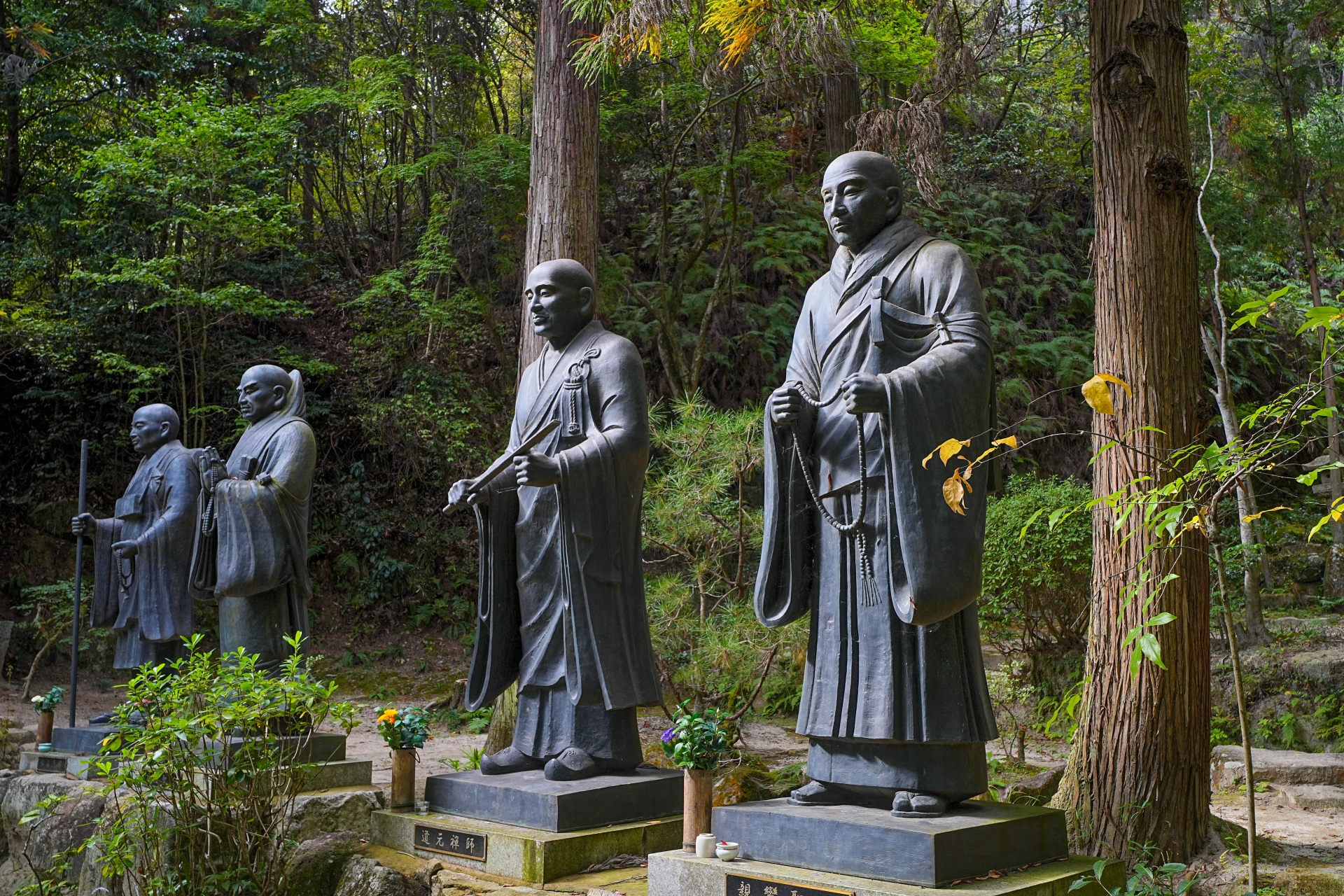
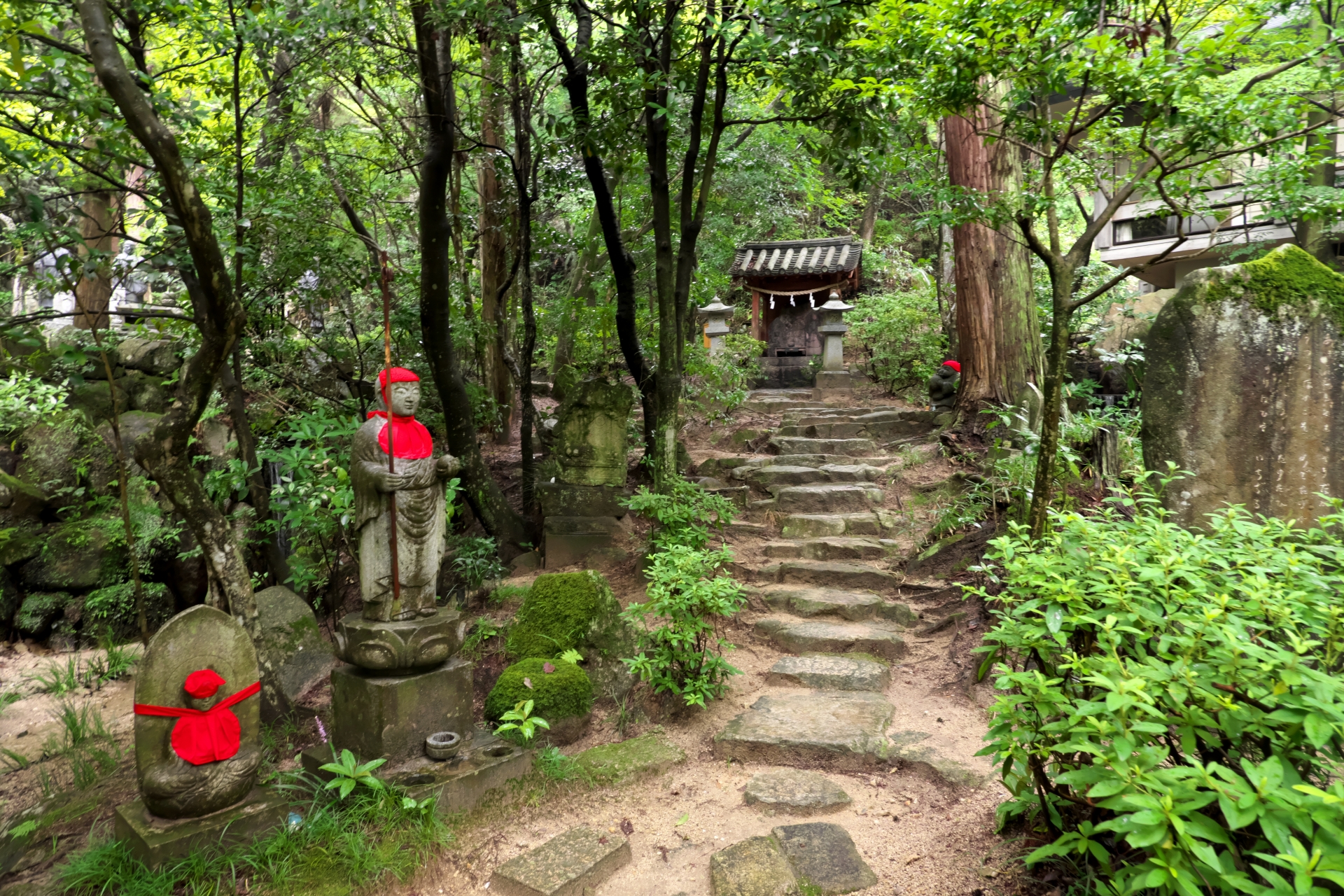
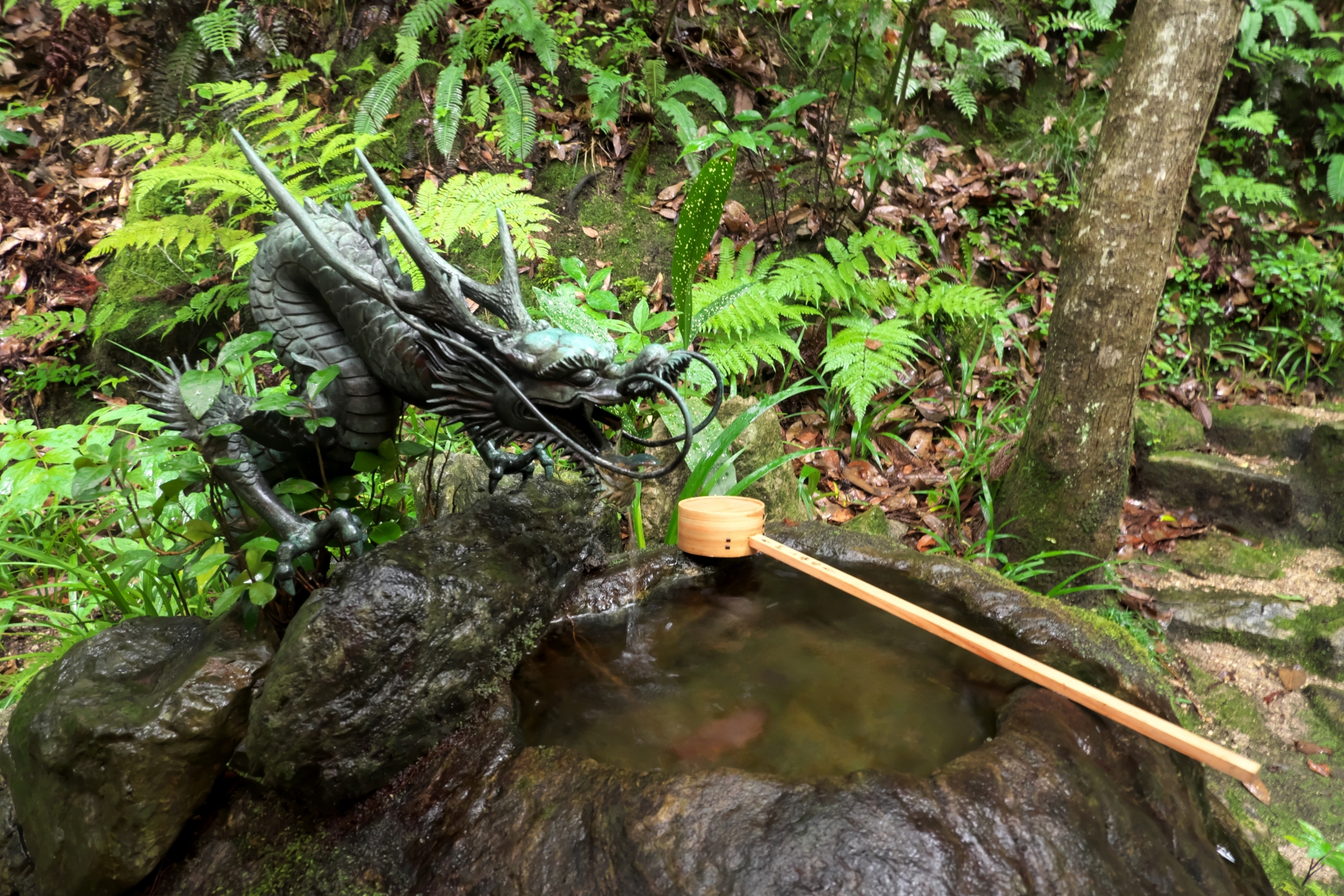
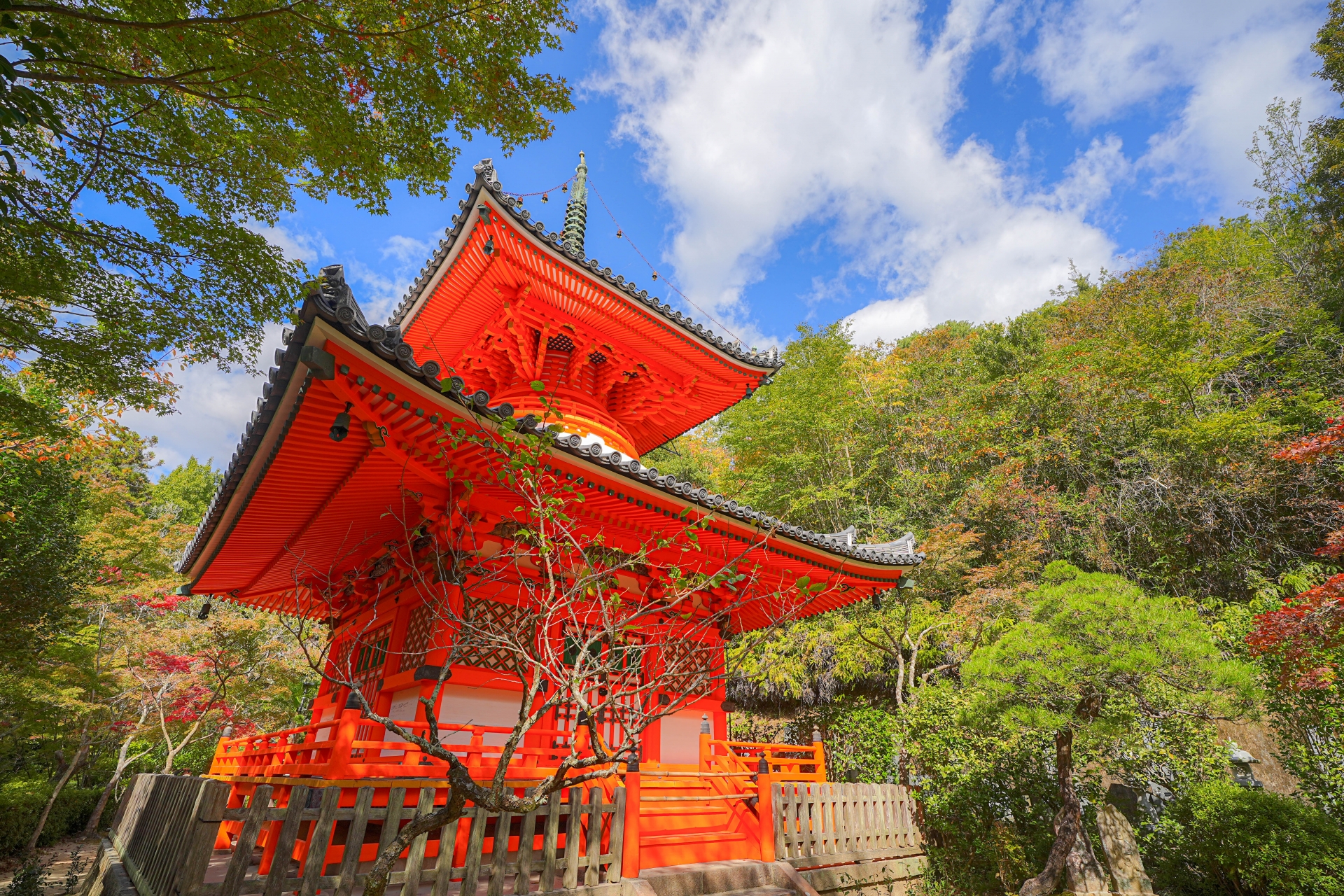
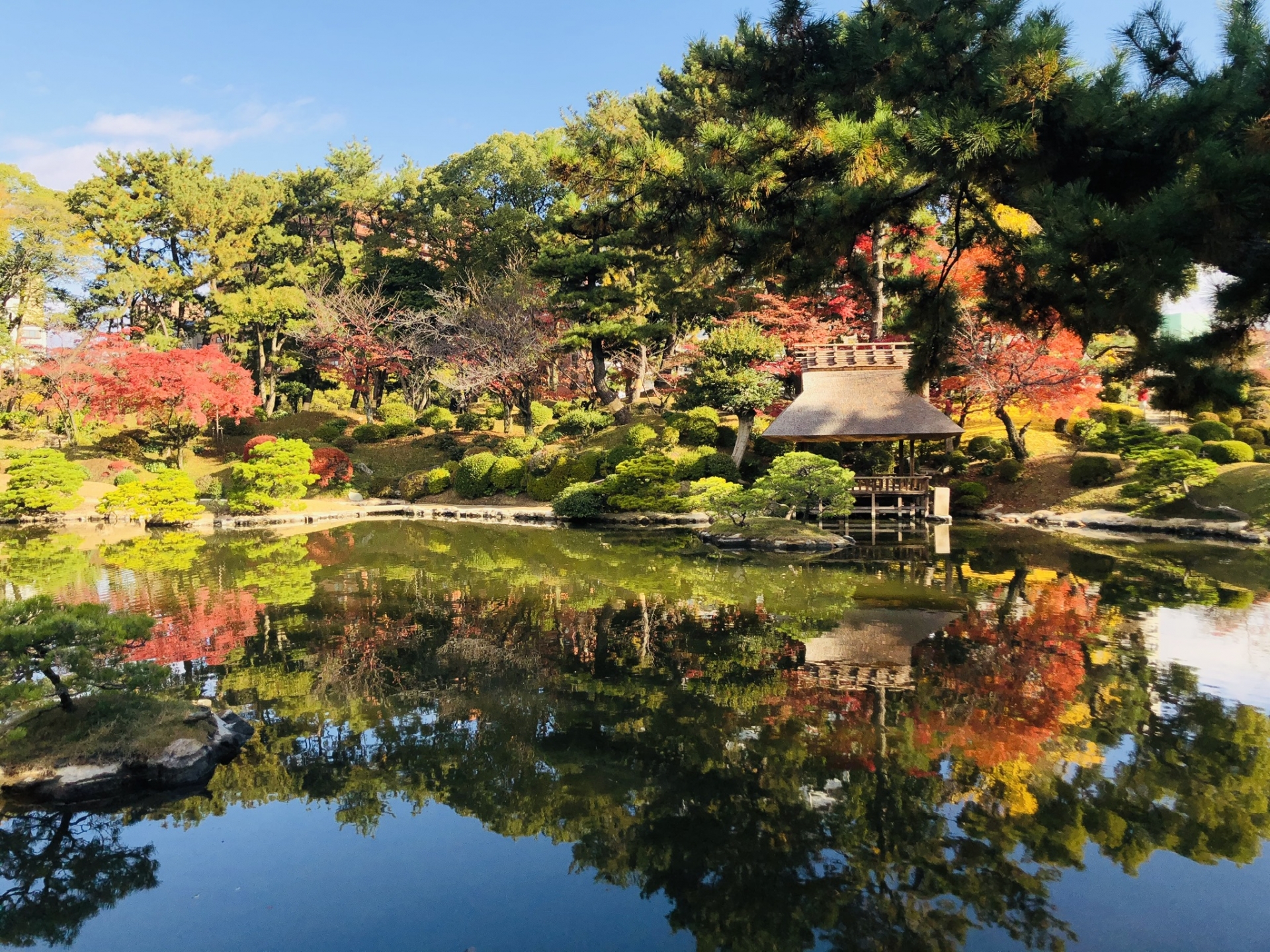
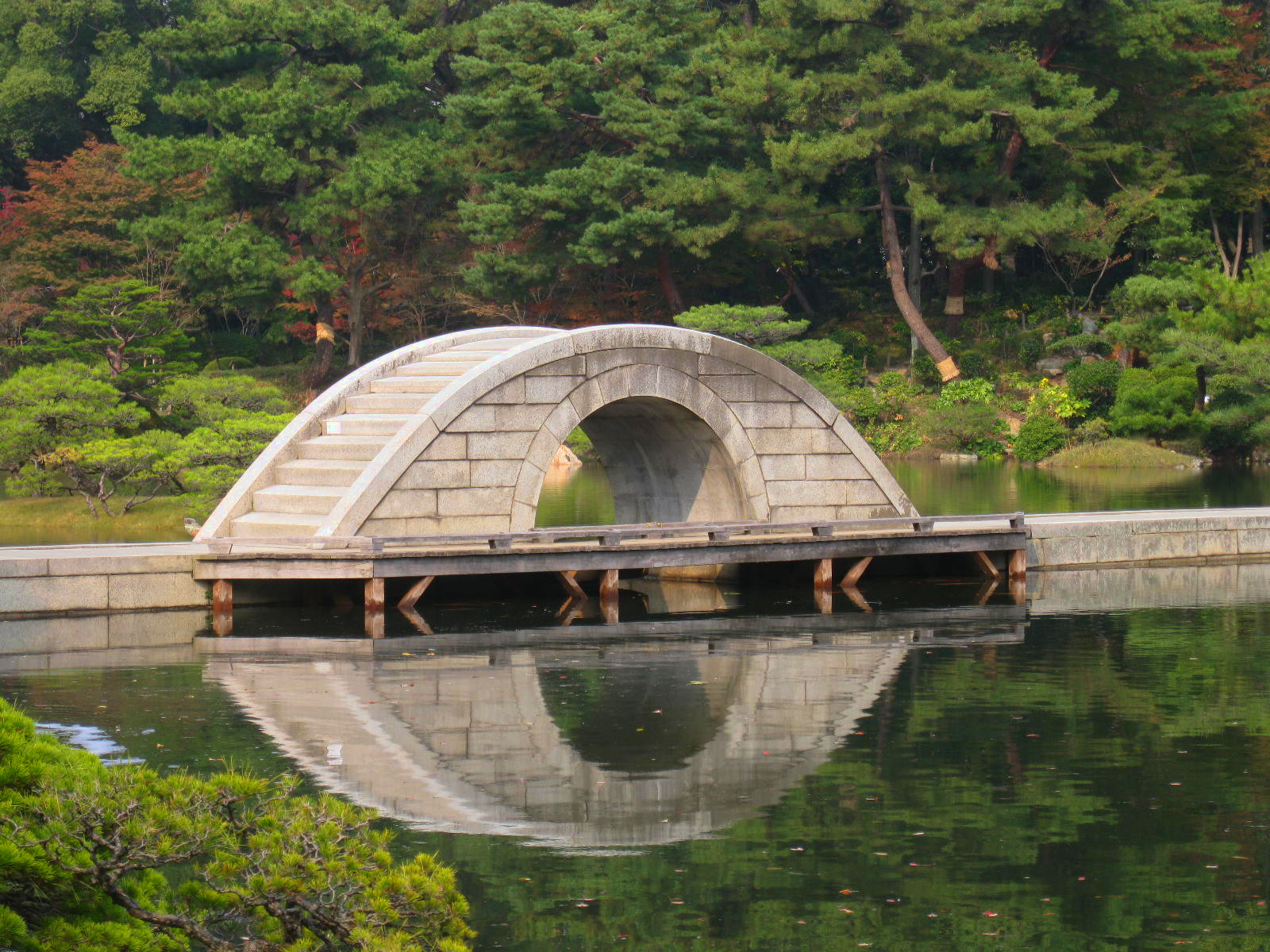
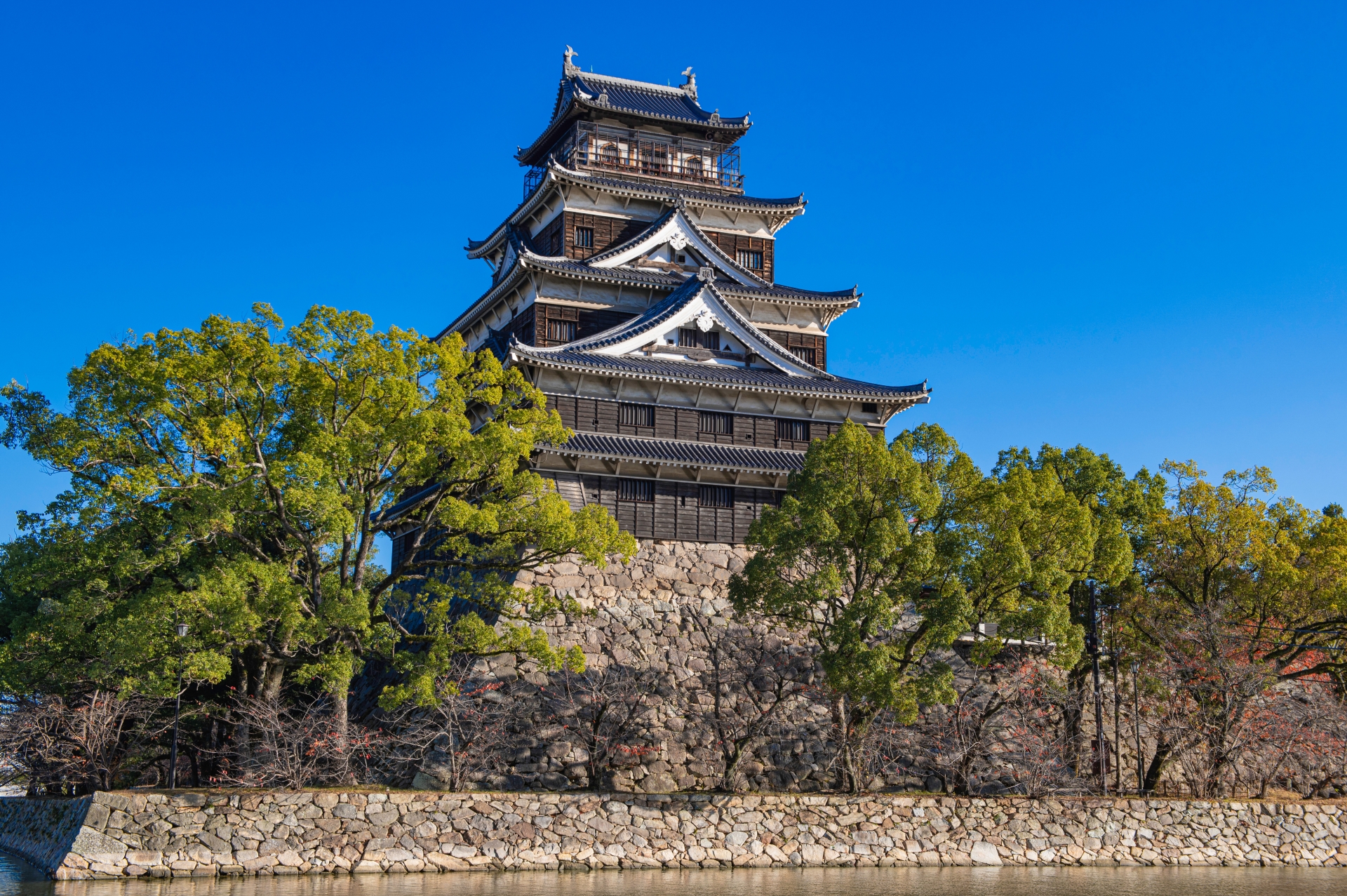
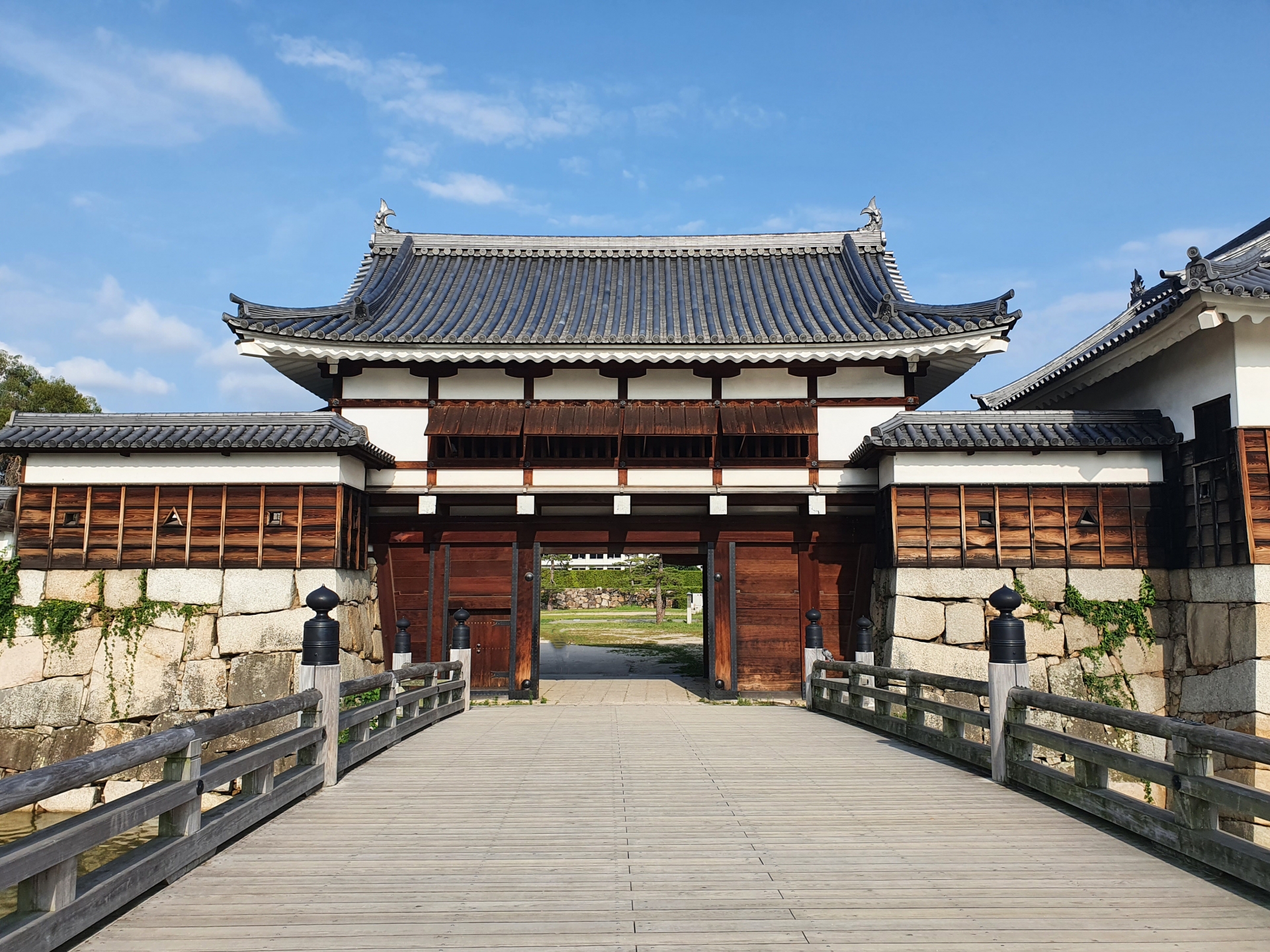
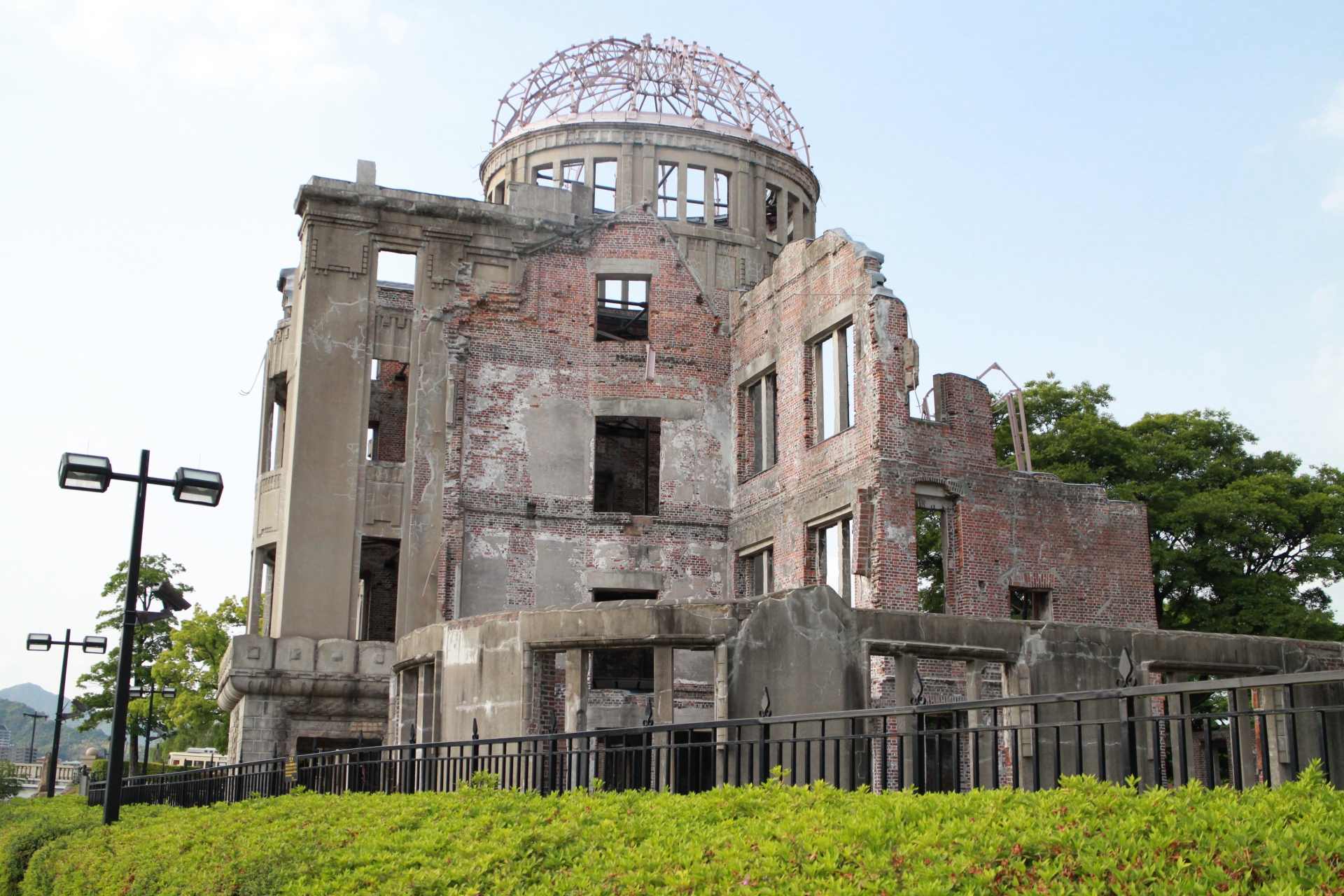
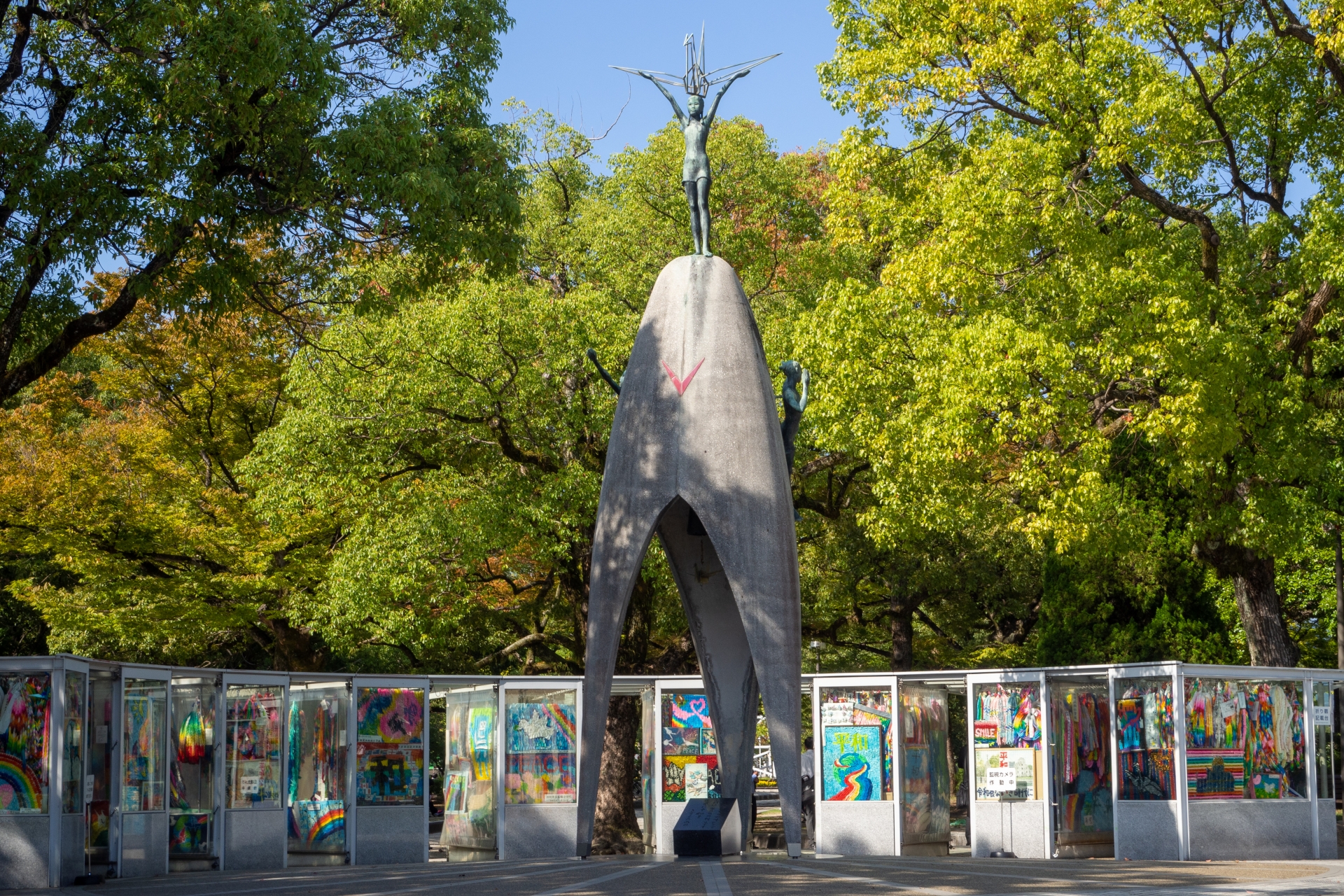
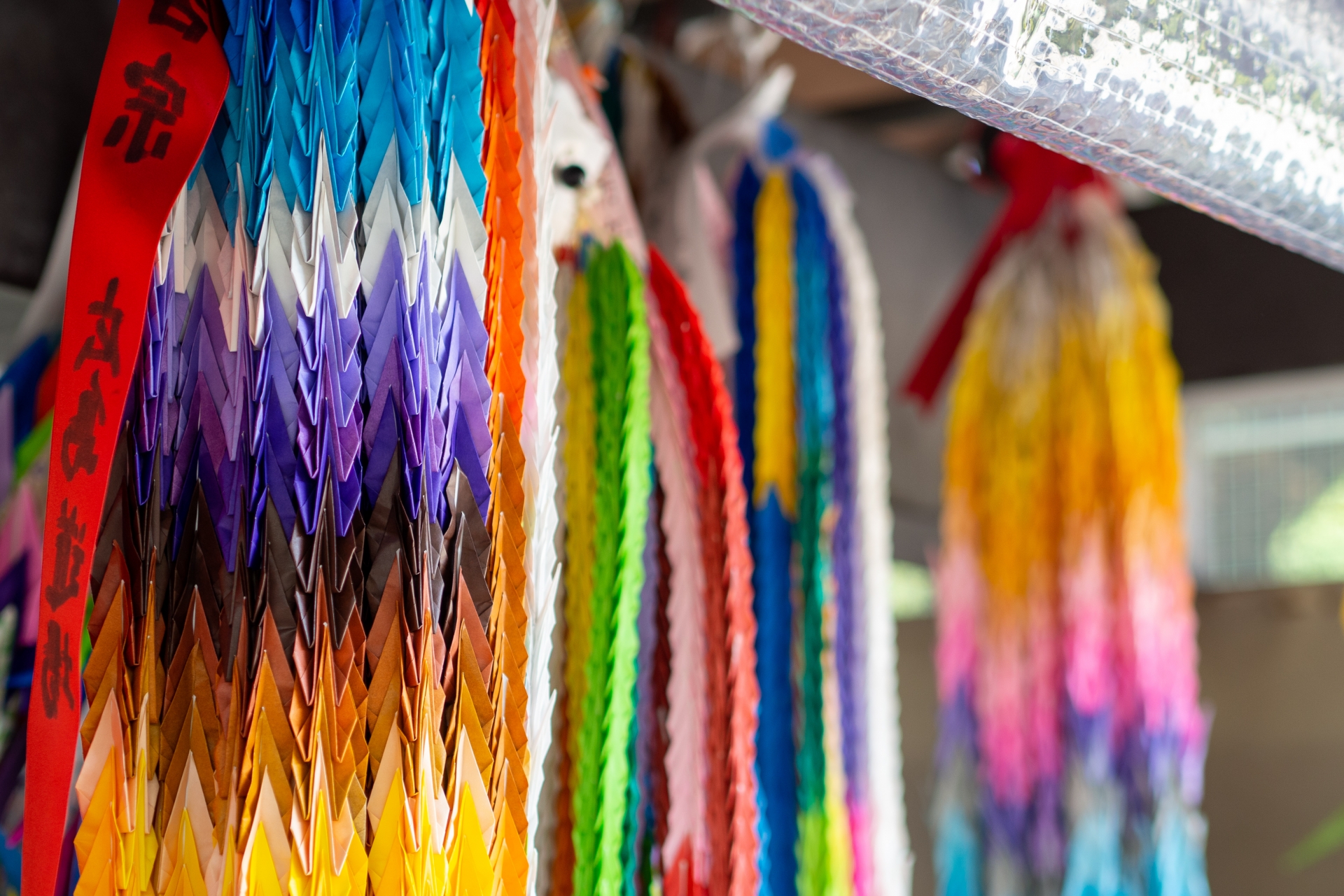
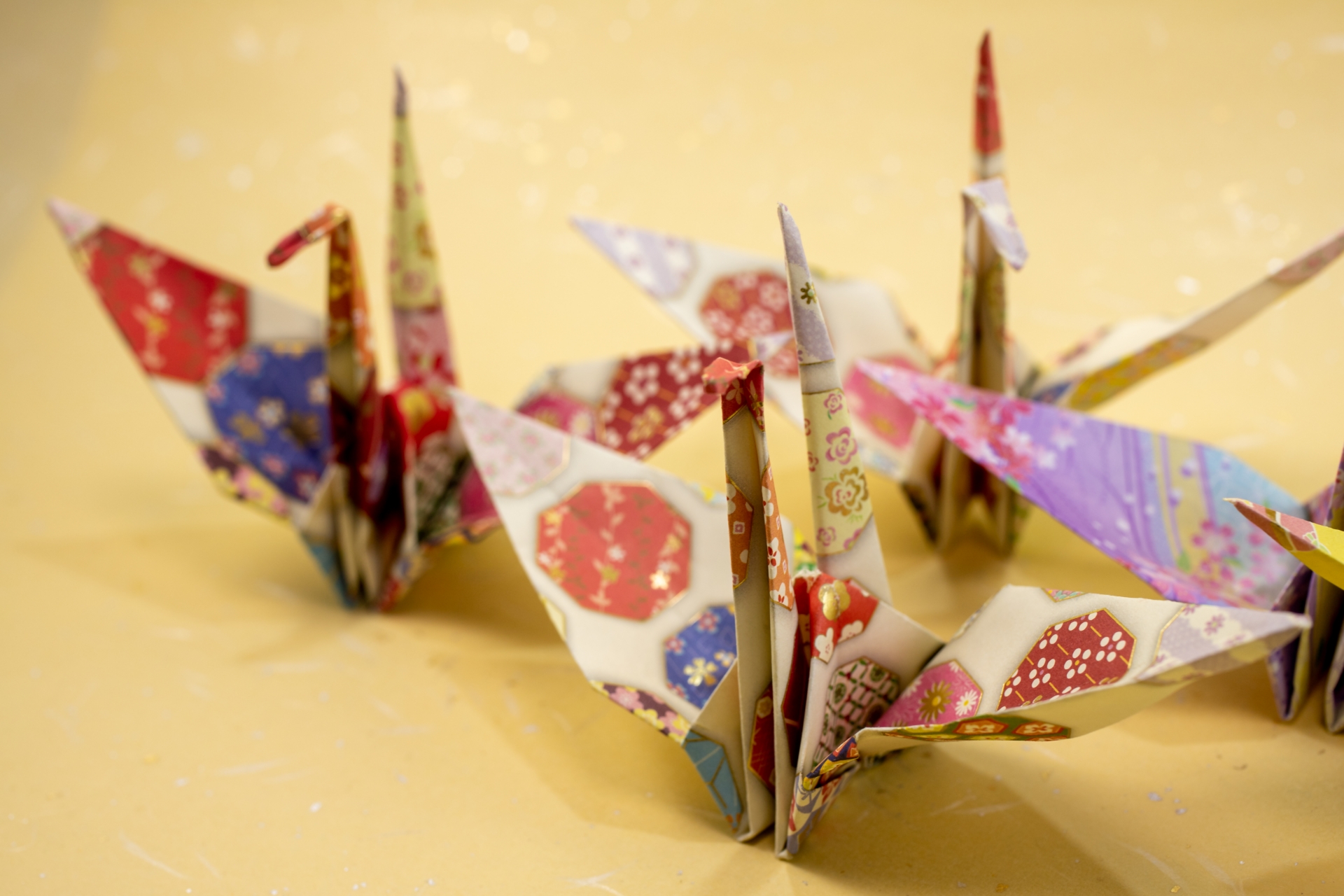
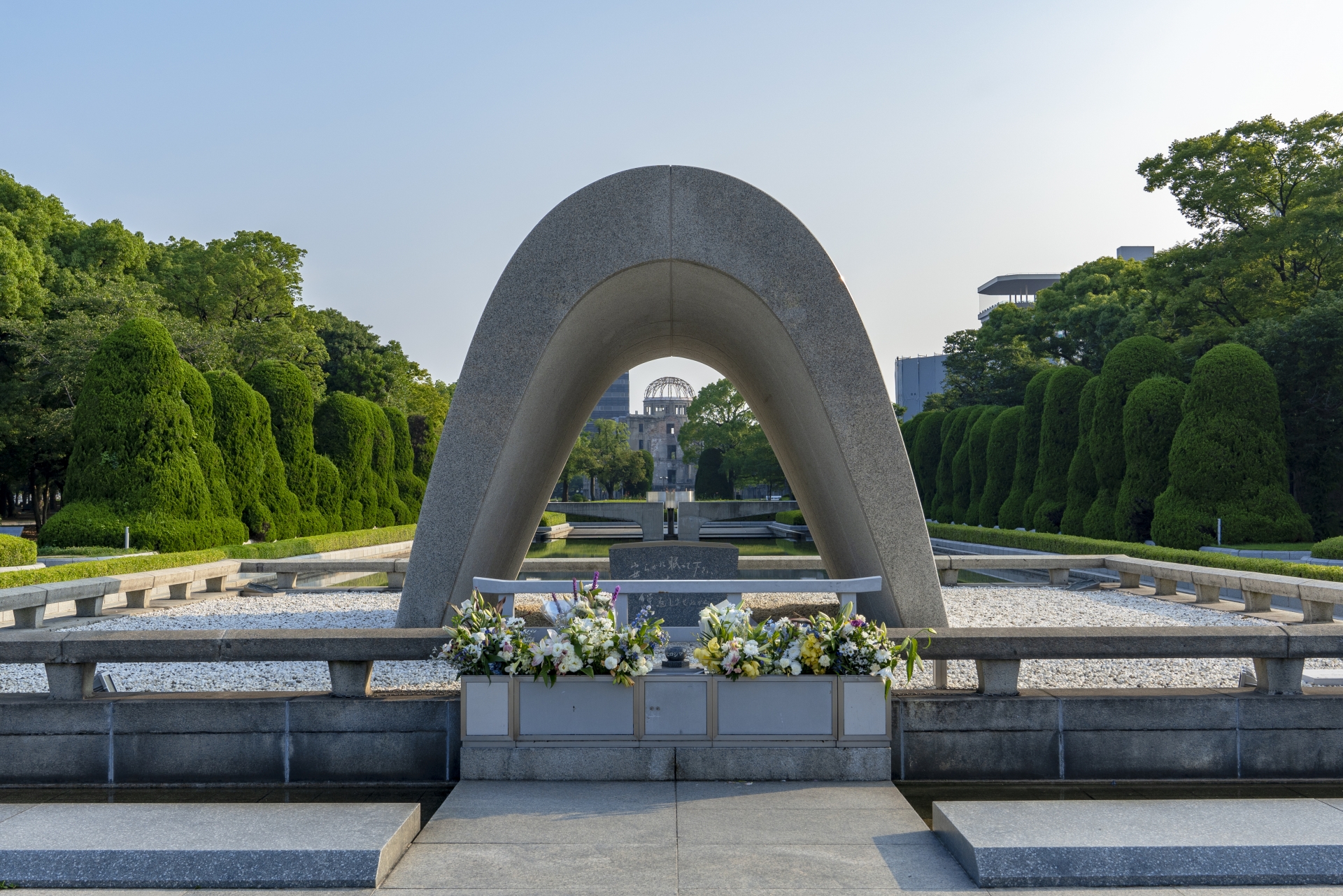
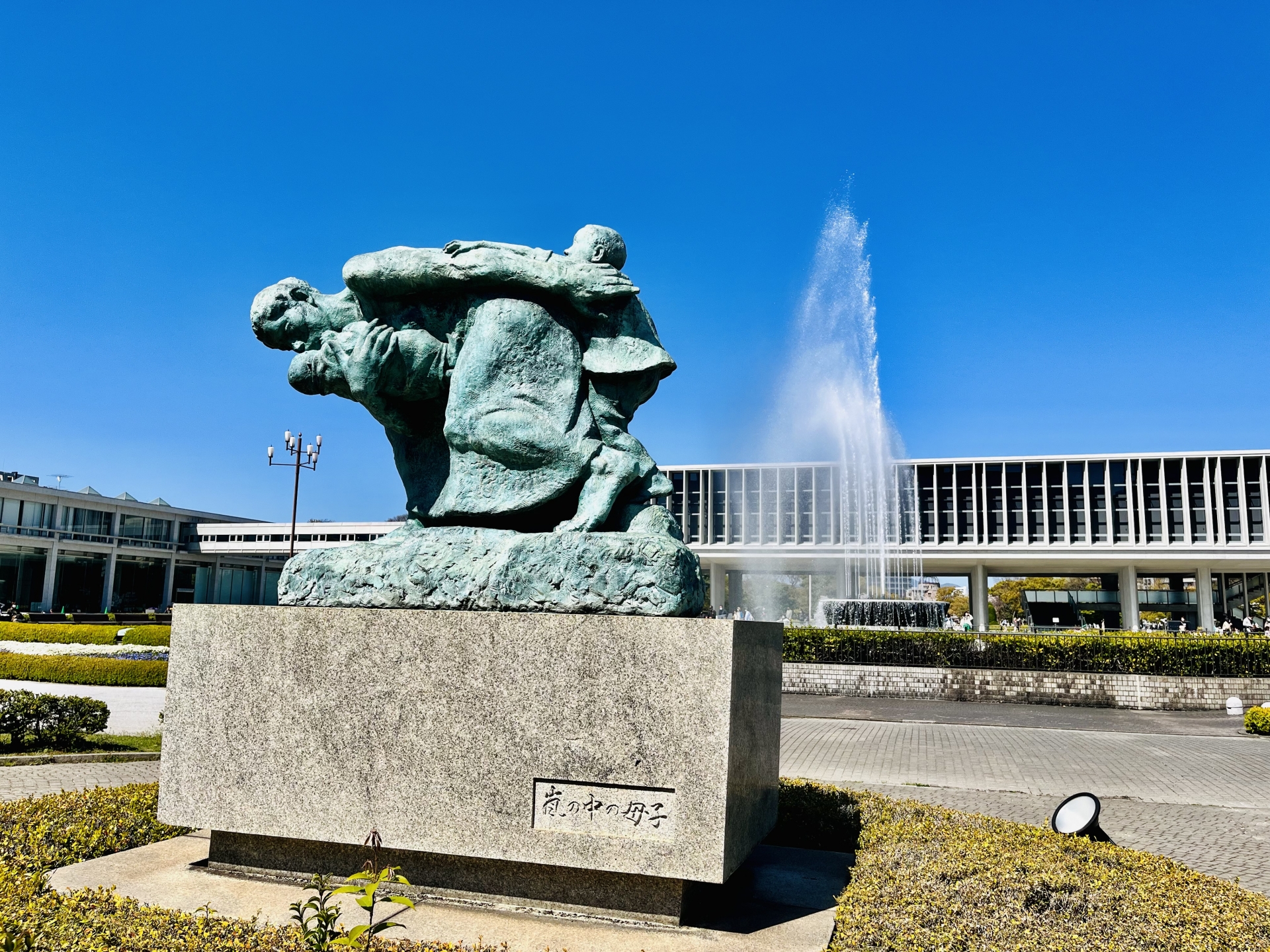
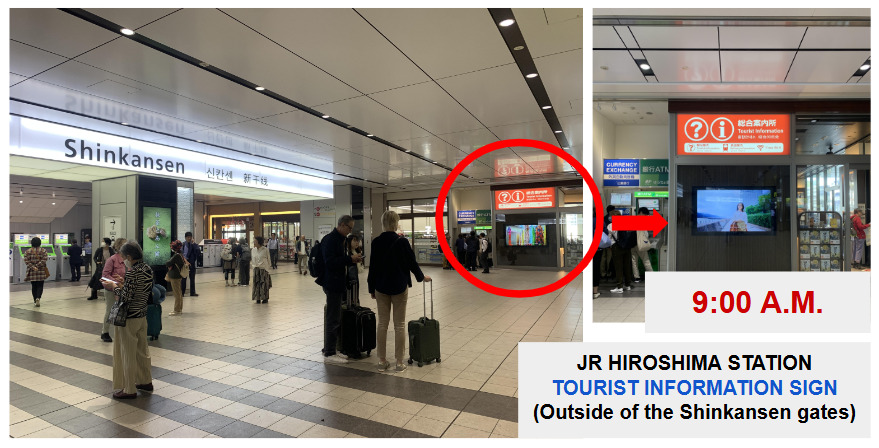


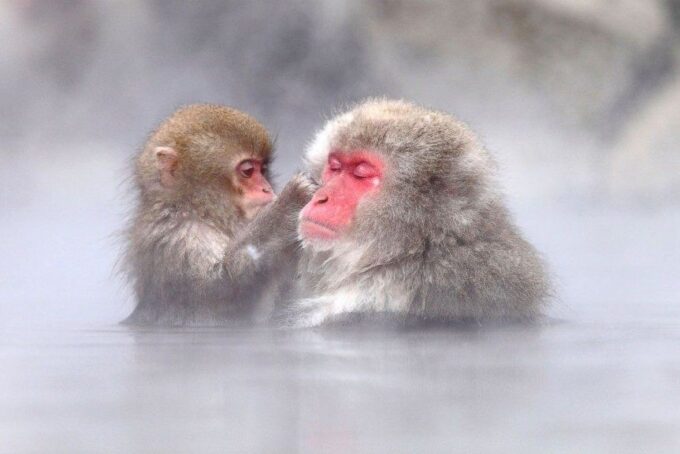
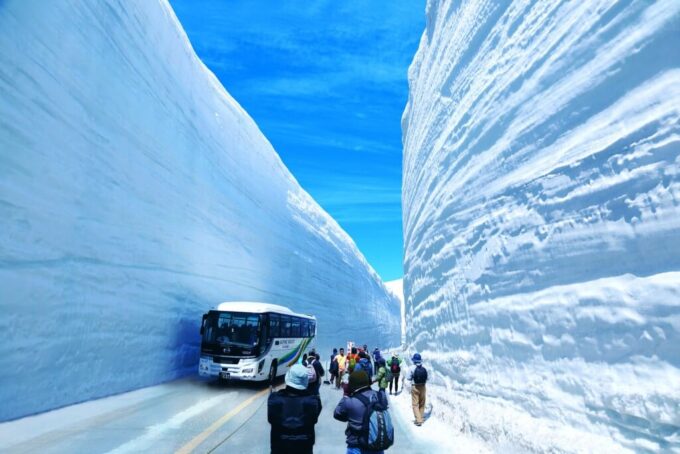
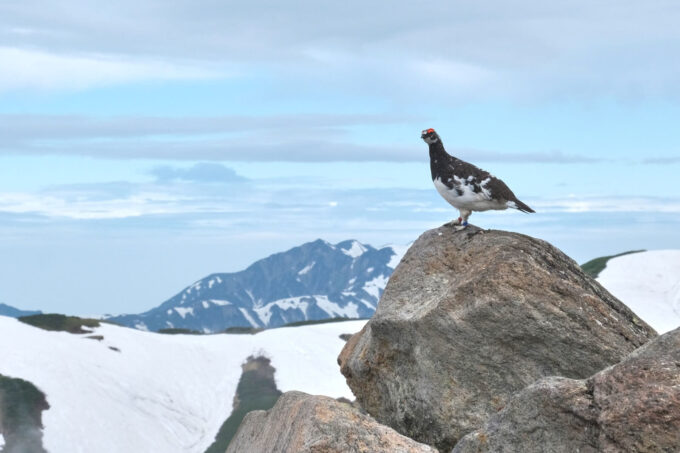
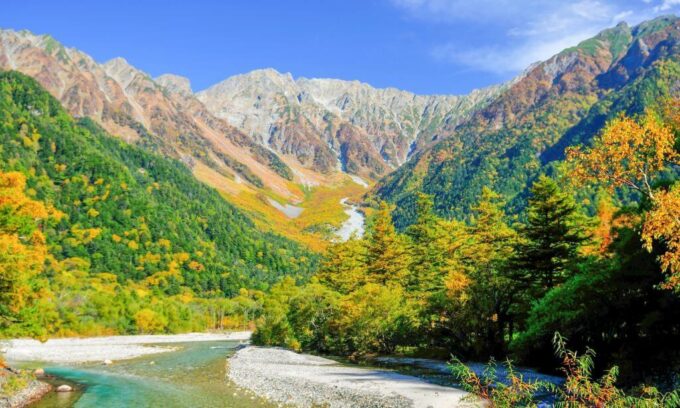
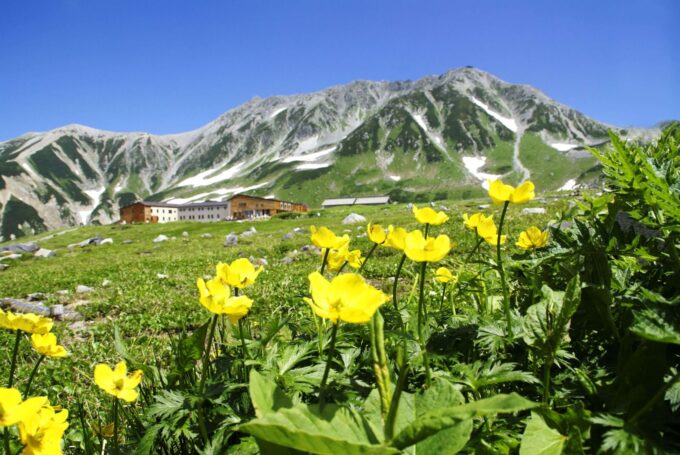
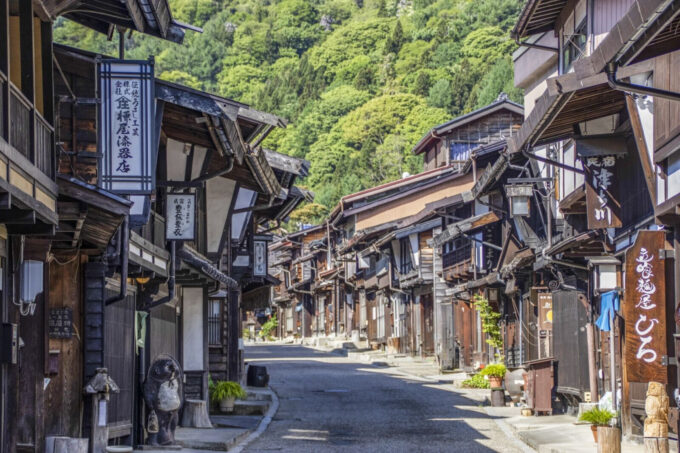
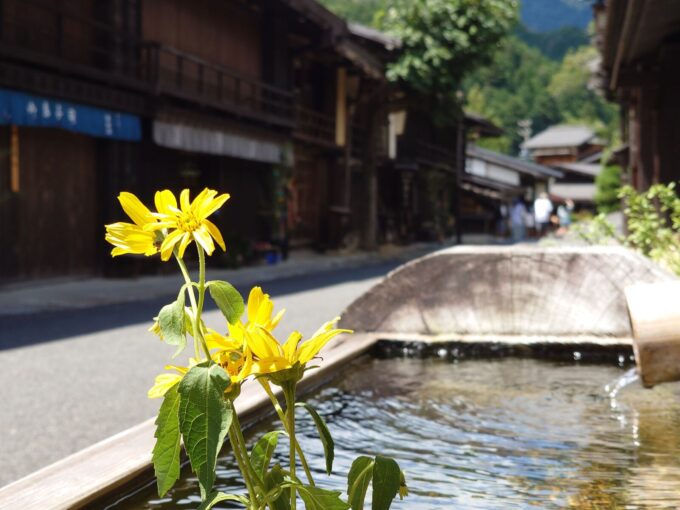
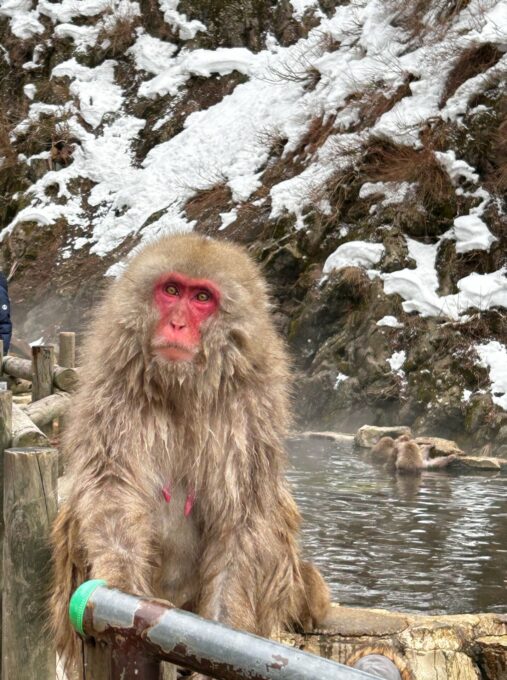
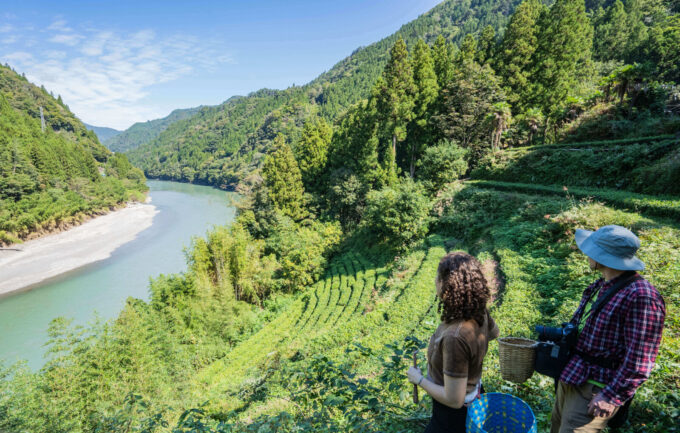
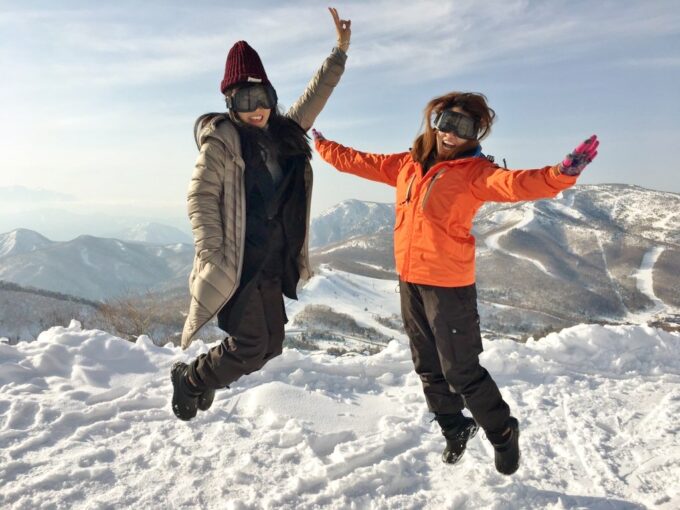

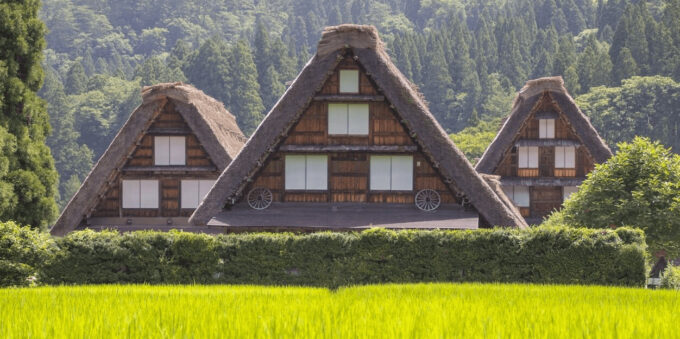
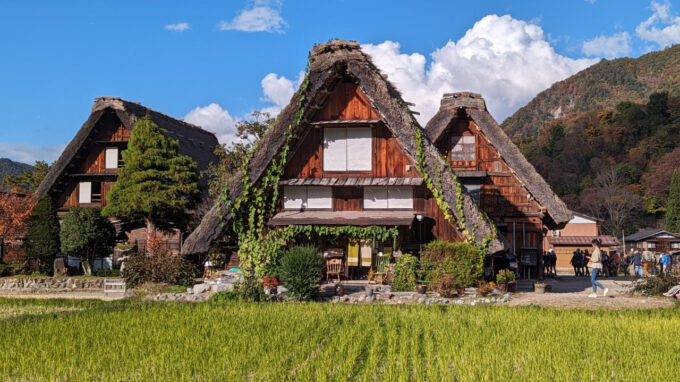
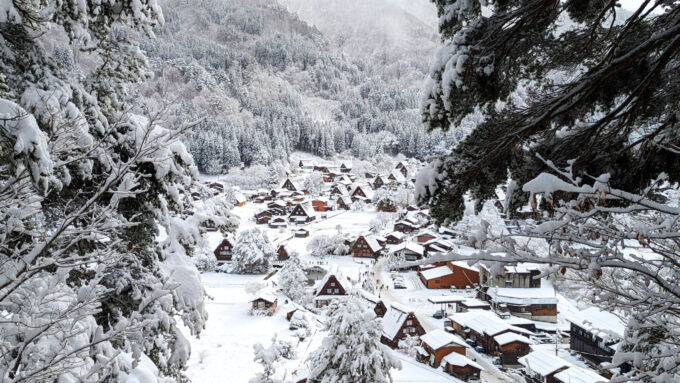
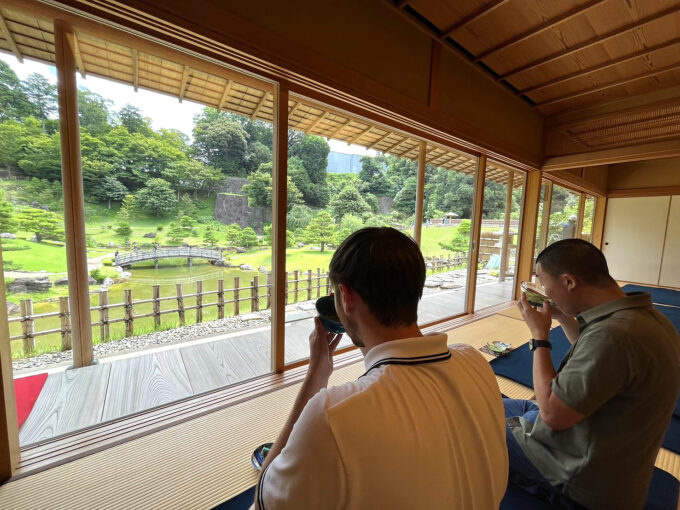
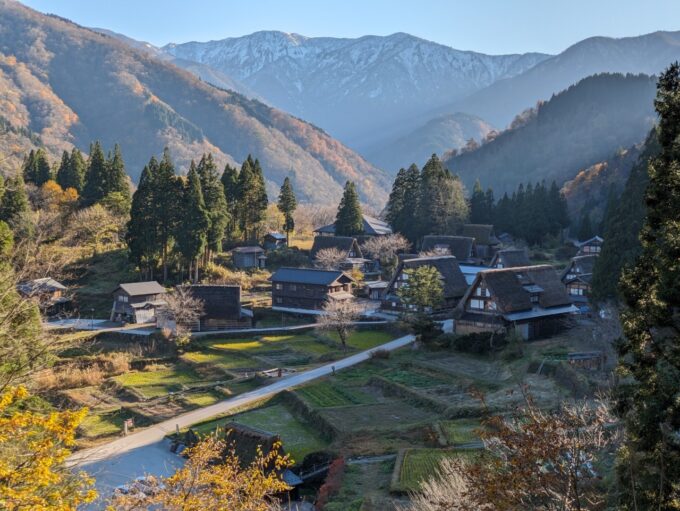
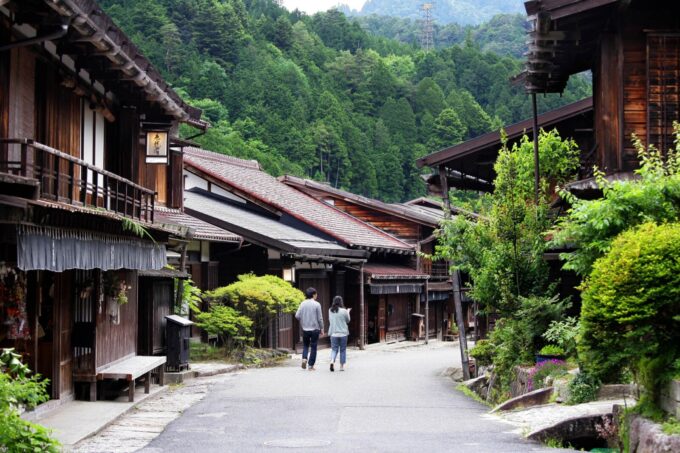
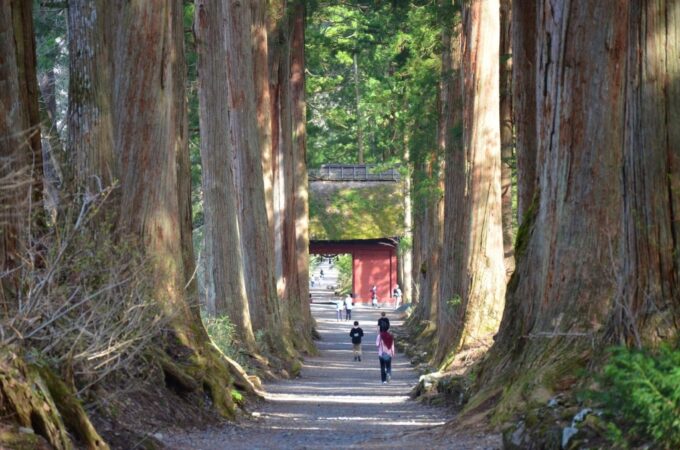
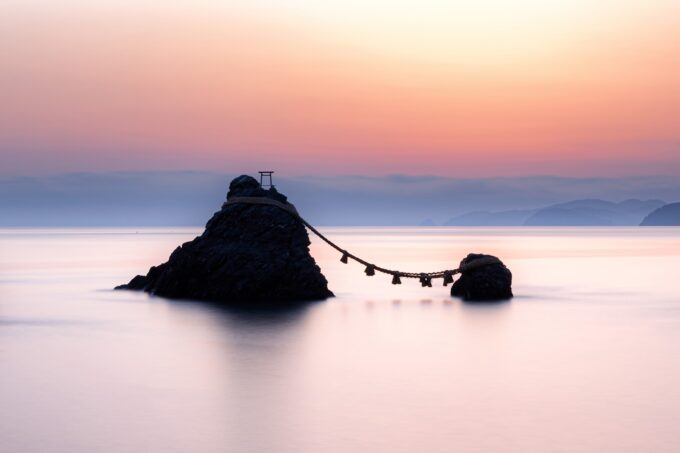
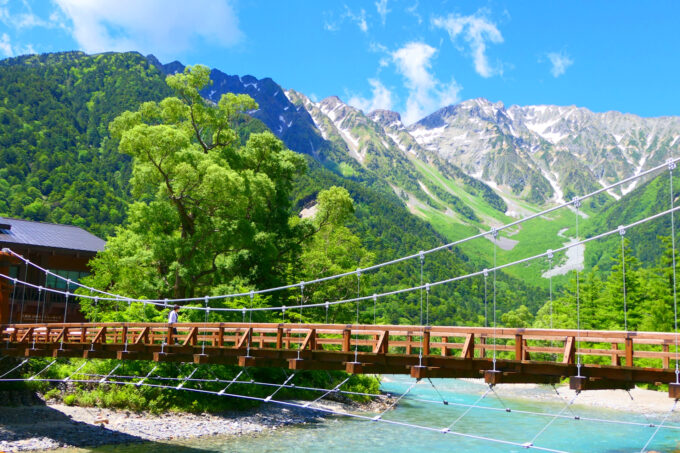
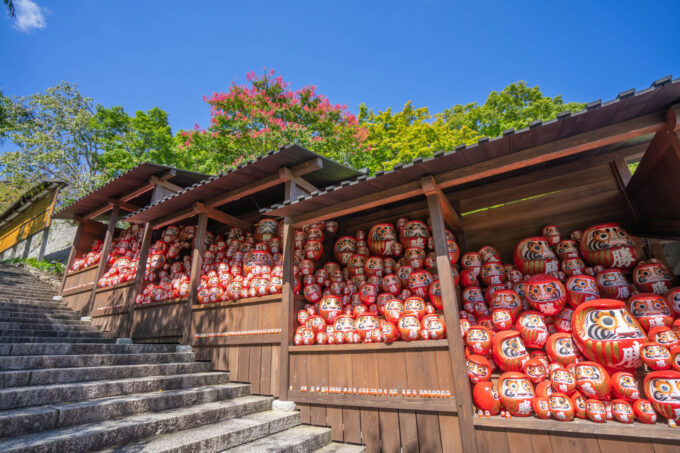
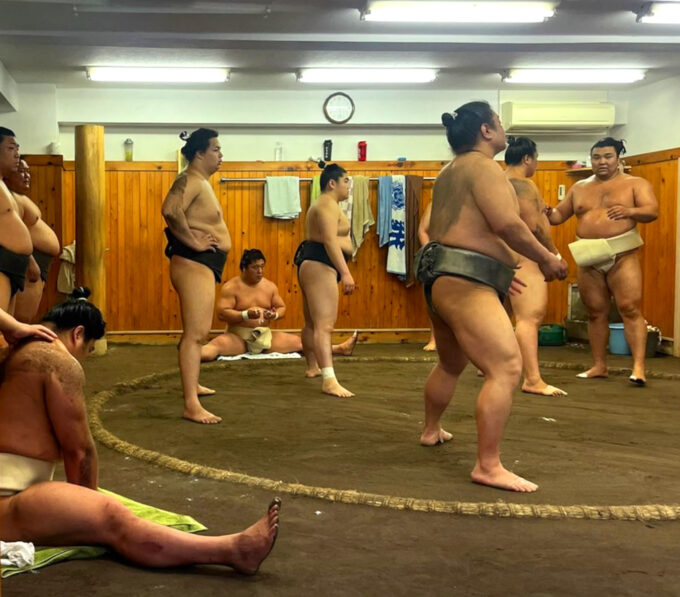
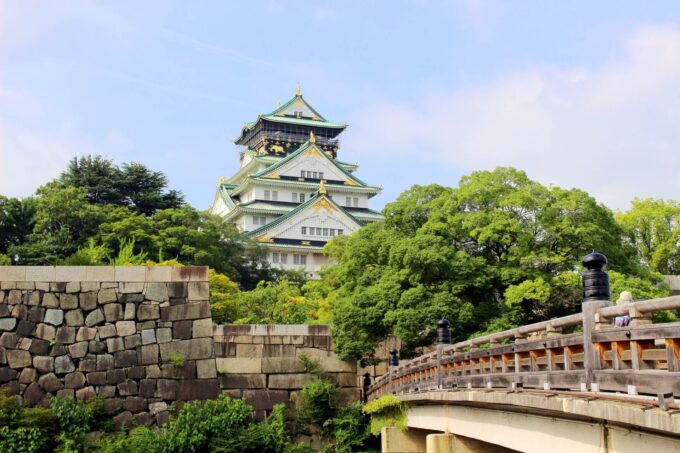
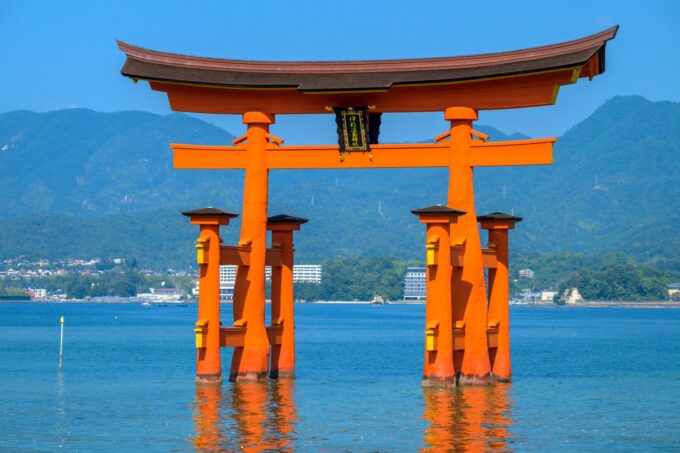
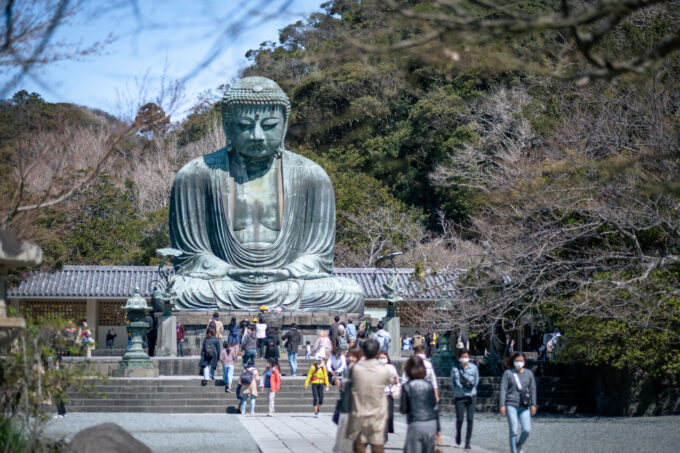
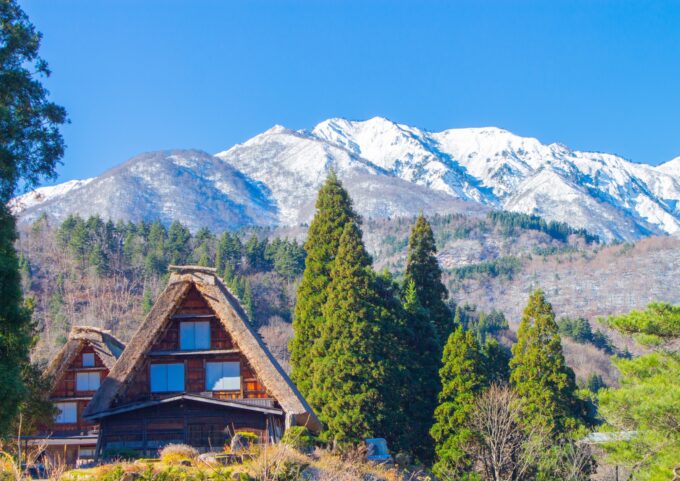
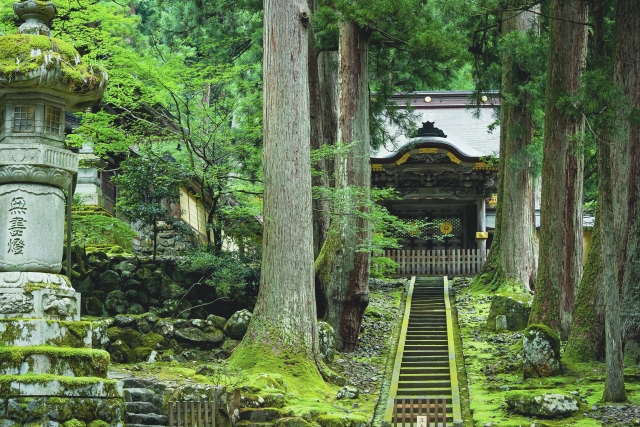
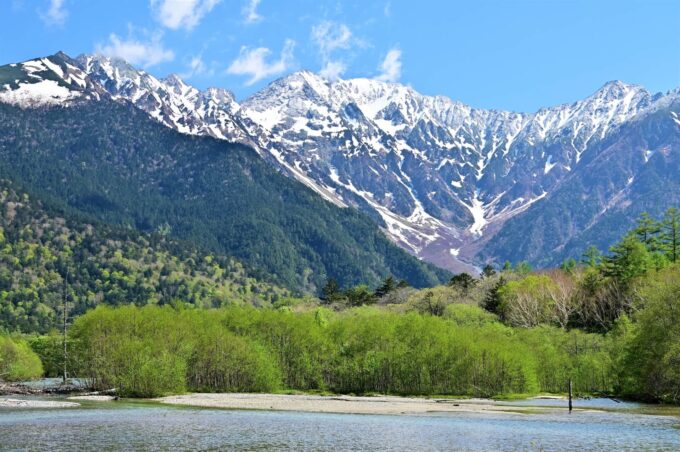
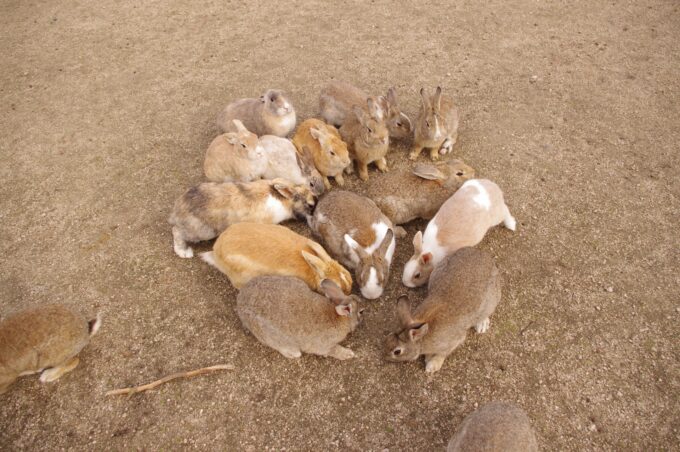
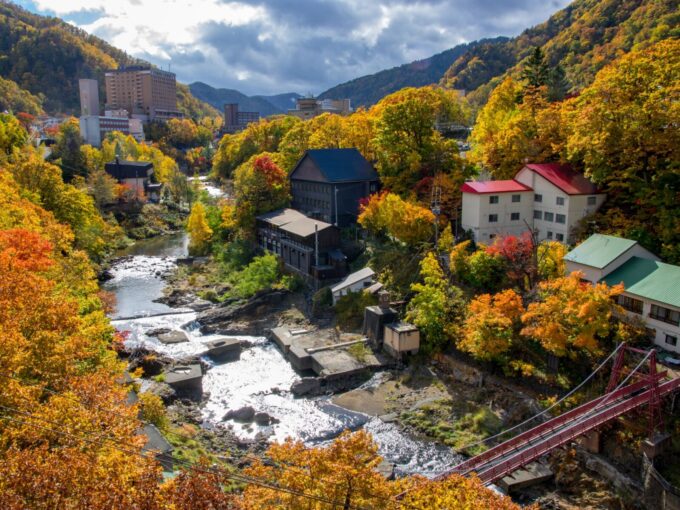

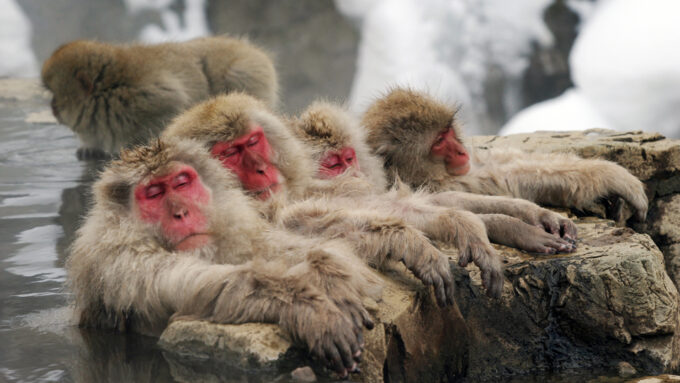
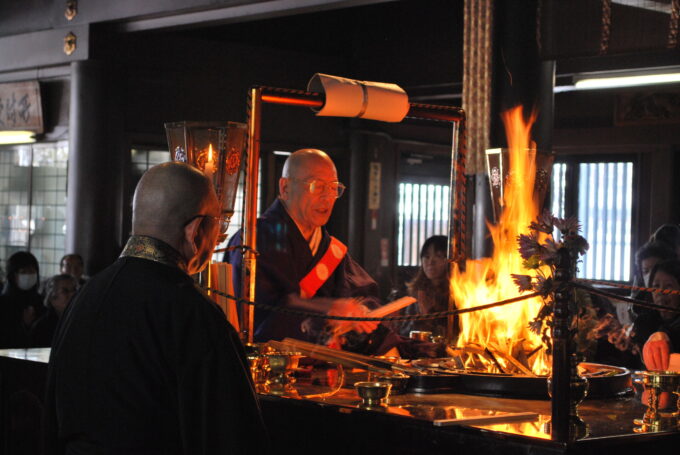
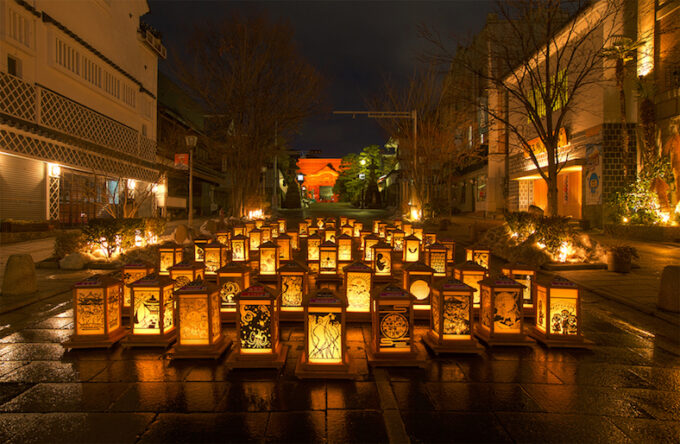
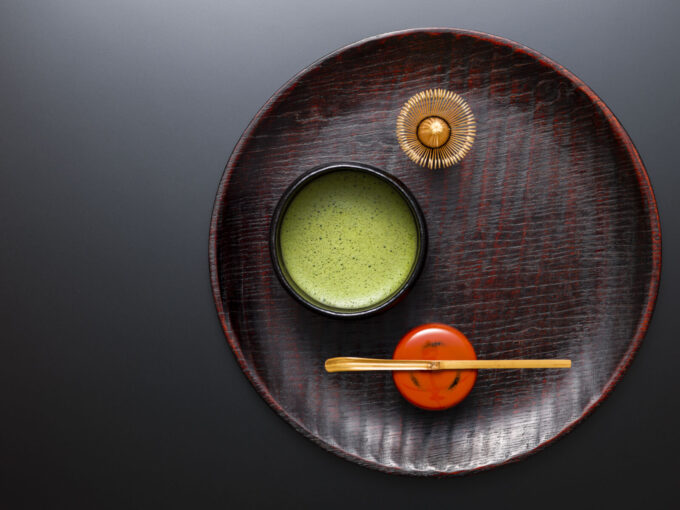
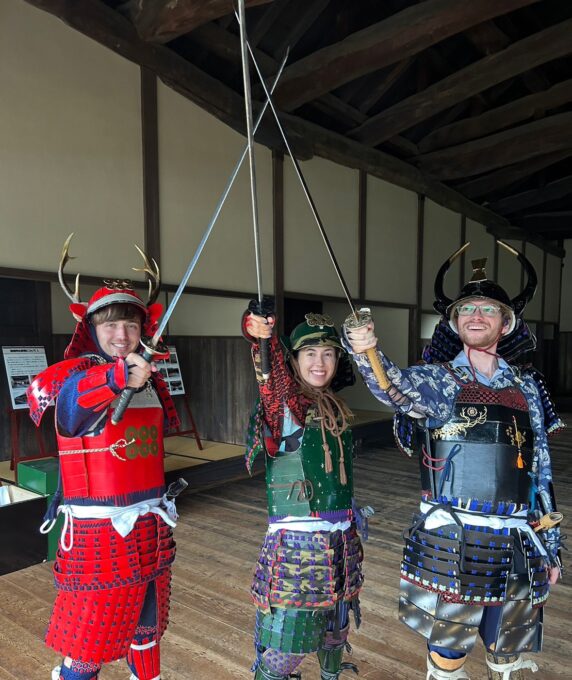
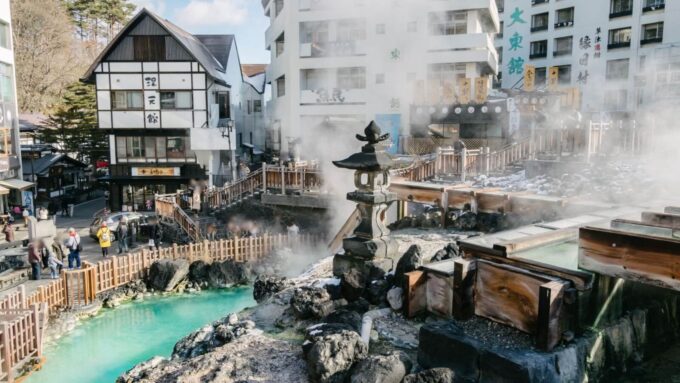
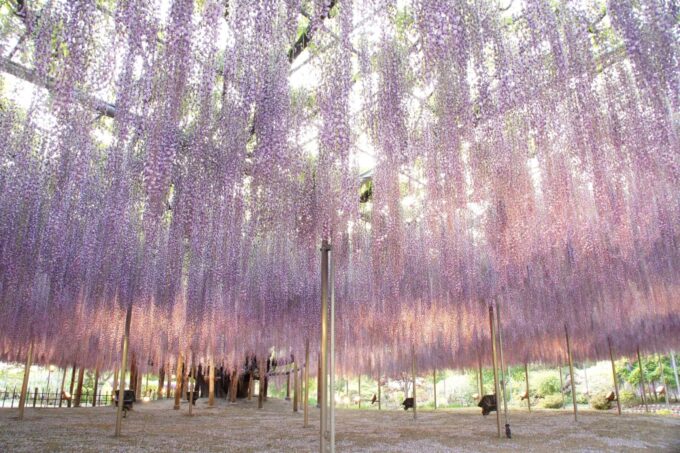
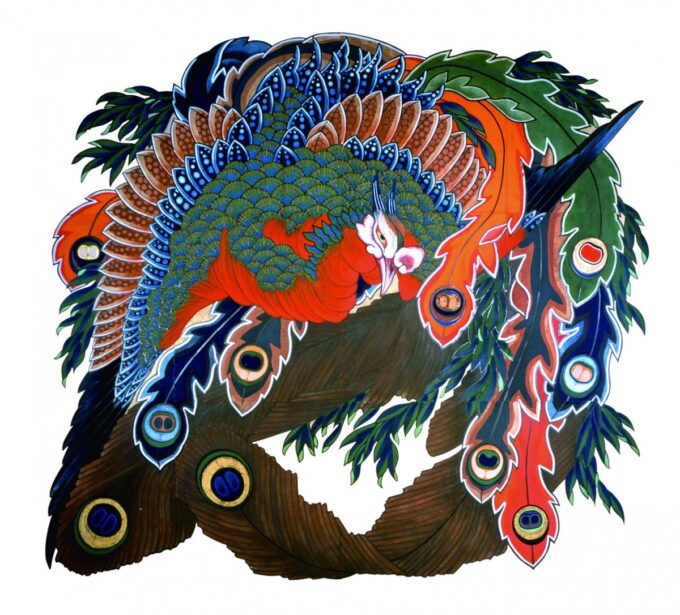
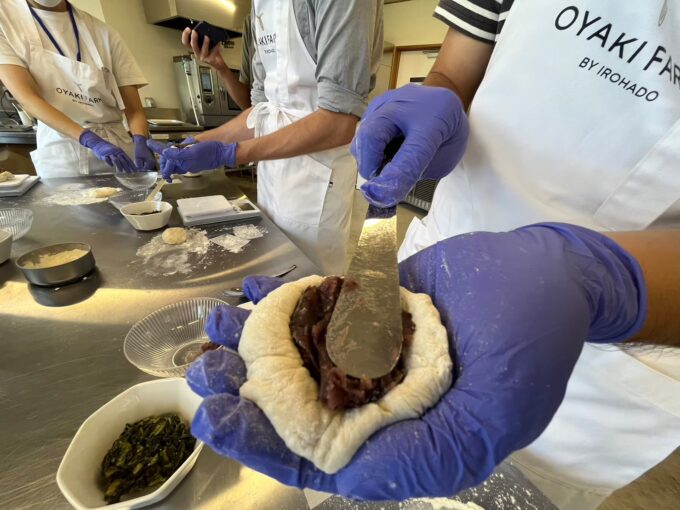
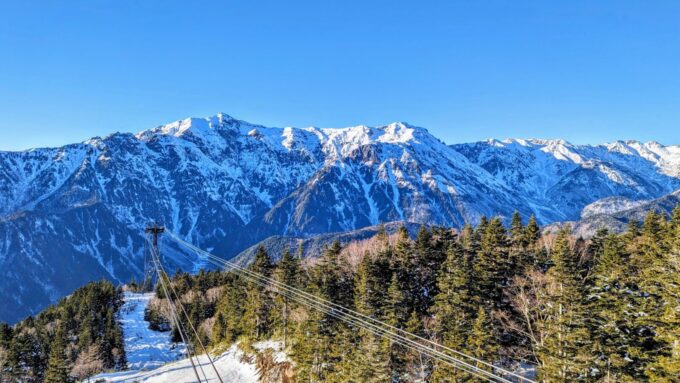
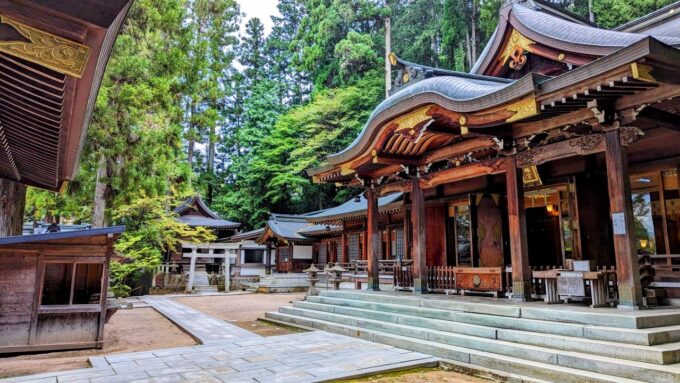
2-680x453.jpg)
